What is Hosting?
Web hosting is the service that puts your website files on a server so people can visit your site on the internet. Think of it as renting space on a fast, secure computer (server). When someone types your domain name, their browser connects to that server and displays your site. Behind the scenes, hosting handles storage, bandwidth, security, and server resources.
Short version: no hosting = no website. The right hosting = fast load times, better SEO, and happier visitors.
Why Hosting Matters for SEO & Performance
Speed, uptime, and security are not just technical details they directly affect search rankings, conversion rates, and brand trust. Slow page loads increase bounce rates, while frequent downtime means search engines may reduce your visibility. Secure hosting protects user data and keeps your site from being blacklisted. Investing in quality hosting pays back quickly by improving traffic, retention, and conversions.
- Page speed: Faster hosting reduces load times and improves user experience.
- Uptime: Reliable hosting keeps your site live and searchable.
- Security: Managed security prevents hacks and protects SEO.
Types of Hosting (Explained)
There are several hosting models. Each fits specific needs and budgets:
- Shared Hosting: Multiple sites share a server. Cheap, beginner-friendly but limited resources.
- VPS (Virtual Private Server): A virtualized environment that gives more control and resources than shared hosting.
- Dedicated Hosting: Entire physical server for a single site best for high traffic and custom setups.
- Cloud Hosting: Scalable, distributed resources across many servers. Great for variable traffic and redundancy.
- Managed WordPress Hosting: Optimized for WordPress with automatic updates, caching, and support.
- Reseller & Colocation: For agencies or businesses that want to host multiple clients or colocate hardware.
How to Choose the Right Hosting Plan
Choosing hosting comes down to matching your site’s needs with plan features. Ask these questions:
- How much traffic do I expect?
- Do I need managed support or am I comfortable with server configuration?
- Is uptime and redundancy essential?
- Do I need backups, staging sites, or performance tools (CDN, caching)?
For blogs and small business sites, start with shared or managed WordPress hosting. For growing e-commerce or SaaS, VPS or cloud hosting is a smarter long-term choice.
Migration: Move Without Downtime
Migrating a website can sound scary, but it’s straightforward when planned. Follow these steps to avoid downtime:
- Back up your entire site and database before anything.
- Test migration on a staging subdomain first.
- Keep old hosting active until DNS propagation completes.
- Use a temporary maintenance page during the final switch.
- Verify SSL, email routing, and internal links after migration.
Many hosting providers offer free migration support use it. It saves time and prevents common errors.
Pricing vs Value: What to Expect
Hosting prices vary widely. Don’t choose purely on price consider the total value:
- Cheap plans: Good for testing and tiny sites but often lack performance and support.
- Mid-tier plans: Balanced resources, better support, and included security features.
- Premium plans: Dedicated resources, SLAs, and priority support for mission-critical websites.
Look for transparent renewal pricing, money-back guarantees, and the cost of add-ons like backups and SSL when comparing providers.
Top Hosting Features You Can't Ignore
- Uptime SLA: 99.95%+ is ideal.
- Free daily backups: Restores save time and headaches.
- CDN and caching: Built-in acceleration for global speed.
- SSL certificates: Free and auto-renewing is best.
- 1-click staging: Make updates safely before publishing.
- Managed security: Web application firewall (WAF), malware scans.
Quick Comparison Table
| Hosting Type | Best For | Pros | Cons |
|---|---|---|---|
| Shared | Small blogs, portfolios | Very affordable, easy setup | Limited resources, slower under load |
| VPS | Growing sites, dev work | More control, scalable | Requires server know-how |
| Cloud | High traffic, variable load | Highly available, scalable | Pricing can be complex |
| Managed WP | WordPress sites | Optimized performance, managed updates | Can be pricier than shared |
FAQs
Q: Do I need SSL for my site?
A: Yes. SSL (HTTPS) is essential it secures user data and is a ranking signal for search engines.
Q: Can I start with cheap hosting and upgrade later?
A: Absolutely. Many sites start on shared hosting and move to VPS or cloud as traffic grows. Choose a host that offers easy scaling.
Q: How important is backup frequency?
A: Very. Daily backups are recommended for most business and e-commerce sites. If you update content multiple times a day, choose hourly backups or a solution that supports point-in-time recovery.
Conclusion & Next Steps
Choosing the right hosting is a strategic decision that affects speed, SEO, and user trust. Start by assessing your traffic, technical comfort level, and growth plans. If you’re launching a small business site, managed WordPress or a reliable shared plan is a great start. If you anticipate rapid growth or run an online store, invest in VPS or cloud hosting for better performance and uptime.
Take action today: back up your site, review your current plan's uptime and features, and list three must-have features you need in a new host. Then compare two or three providers based on those criteria.
Get a Free Hosting Consultation
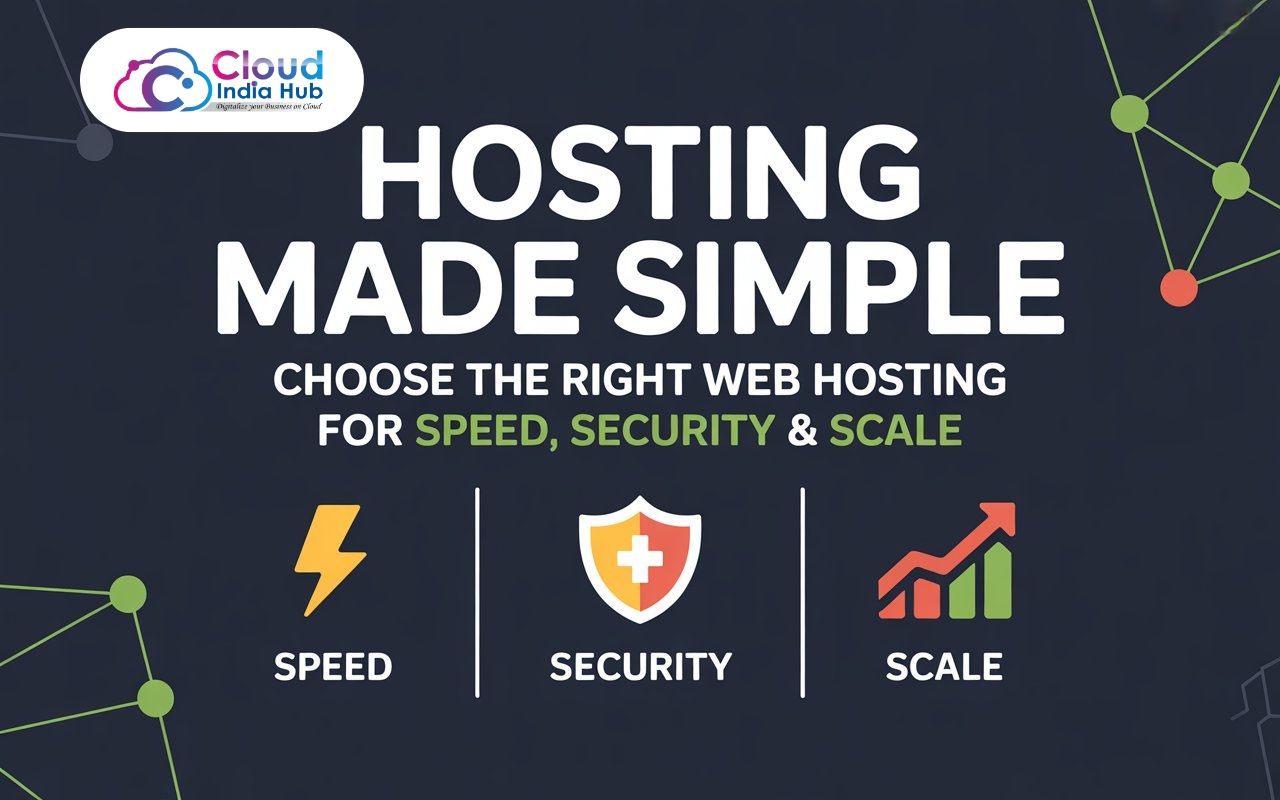

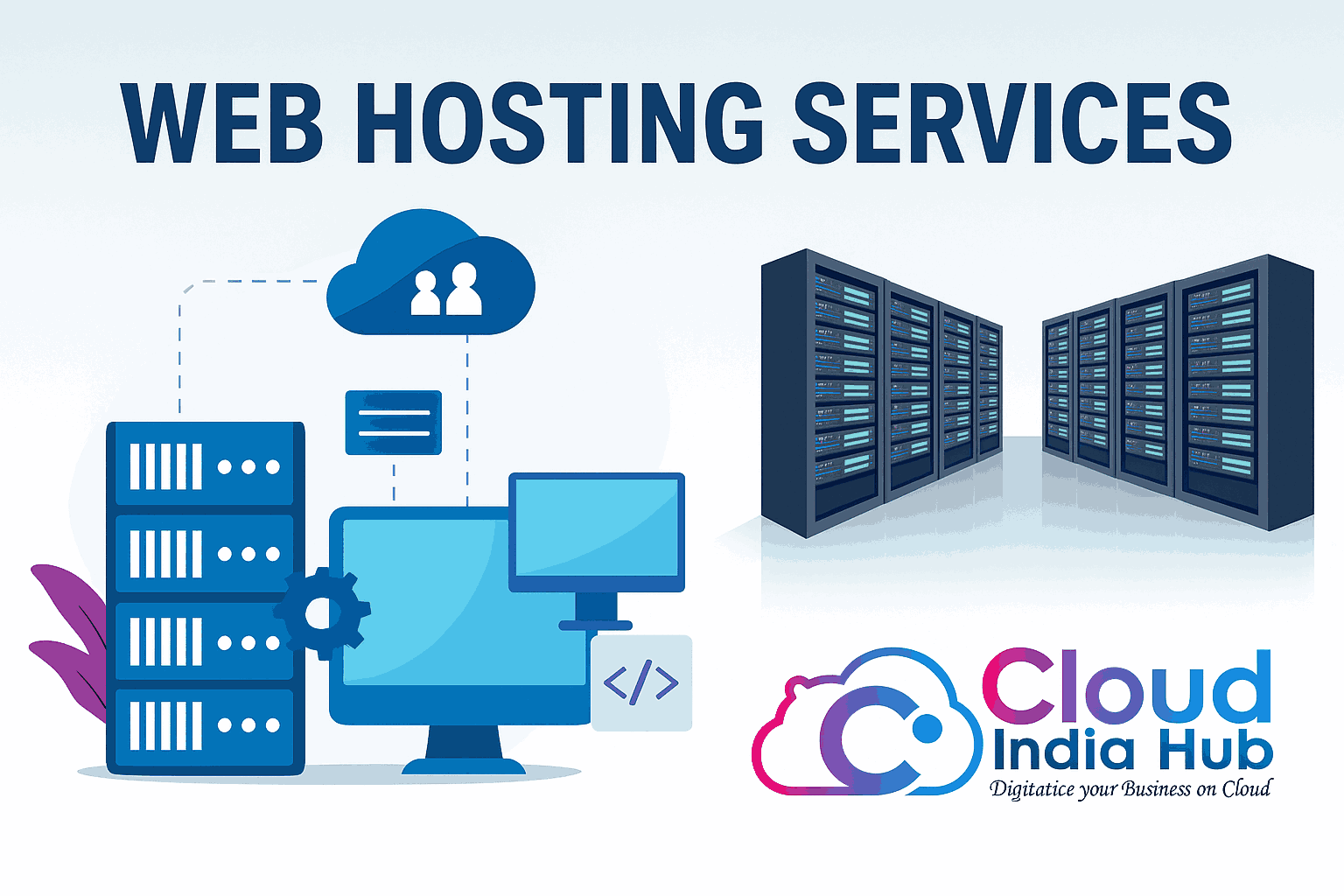
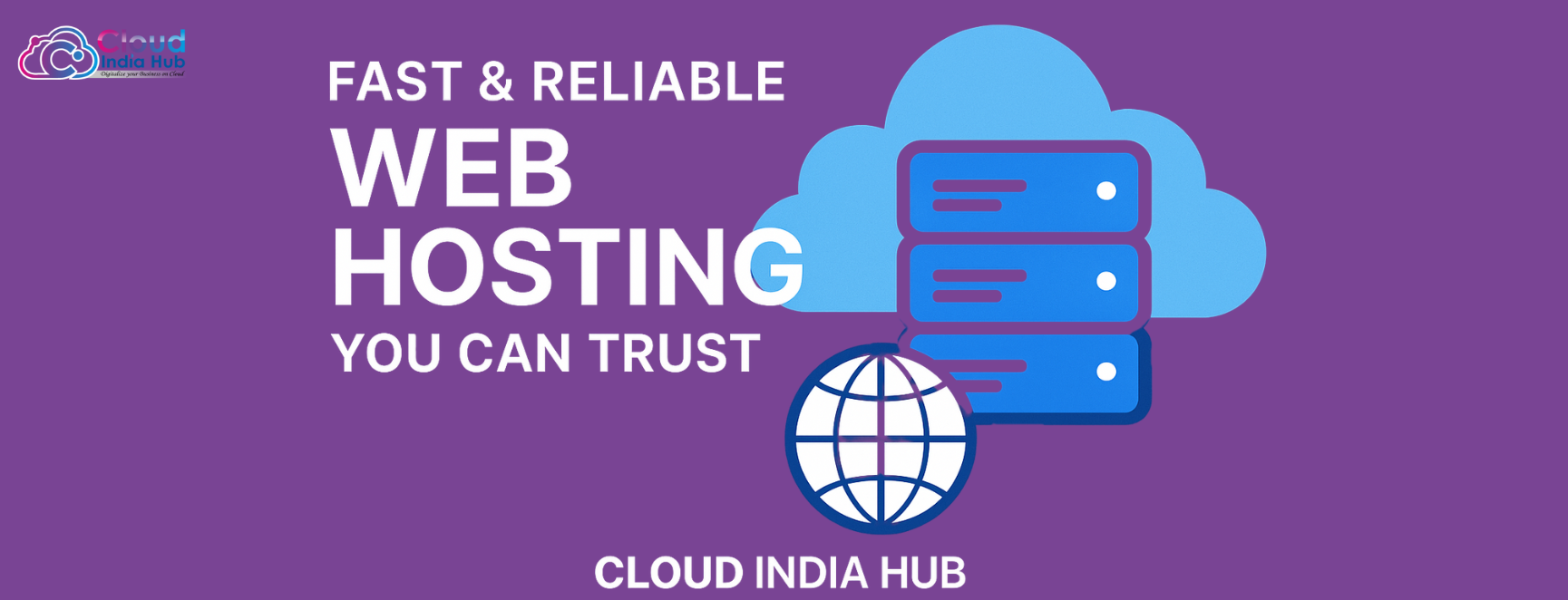



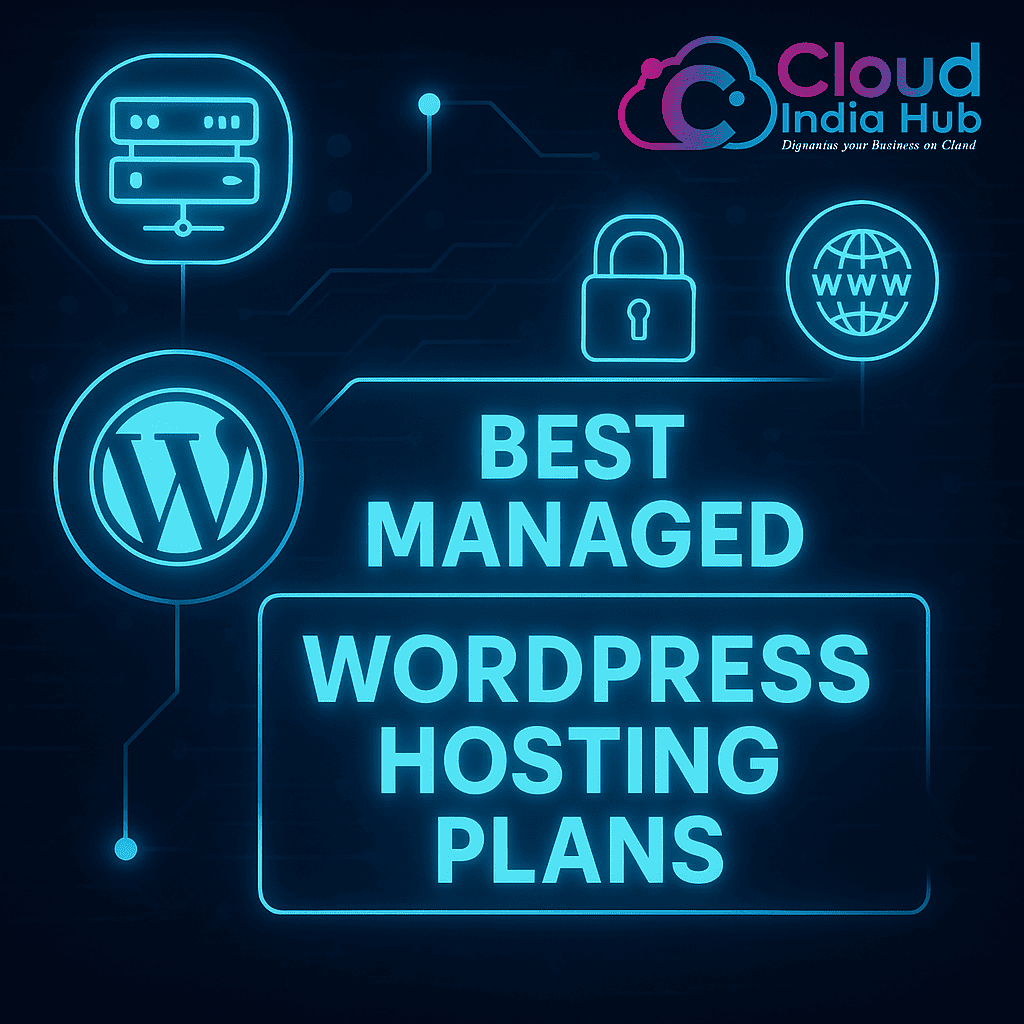




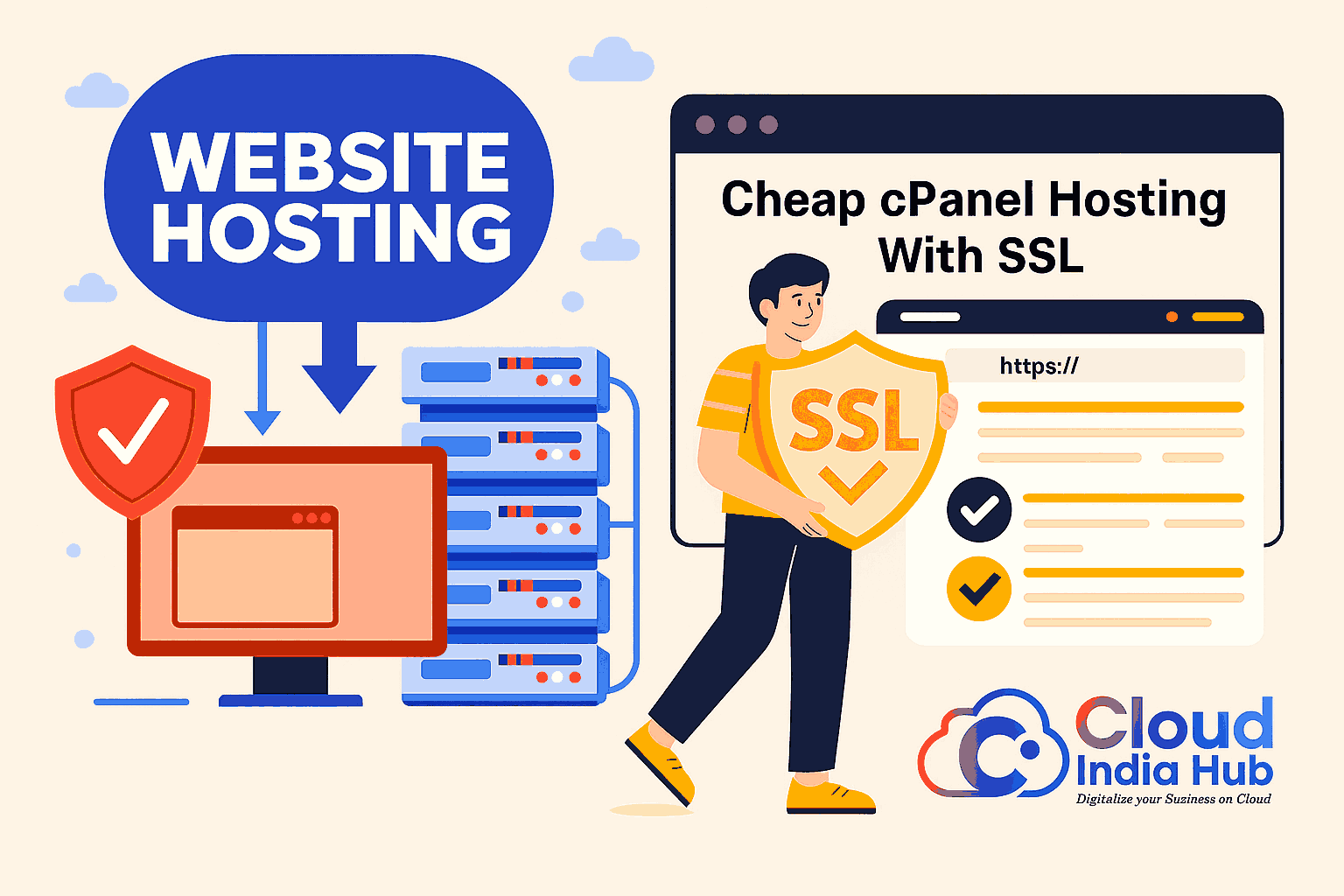



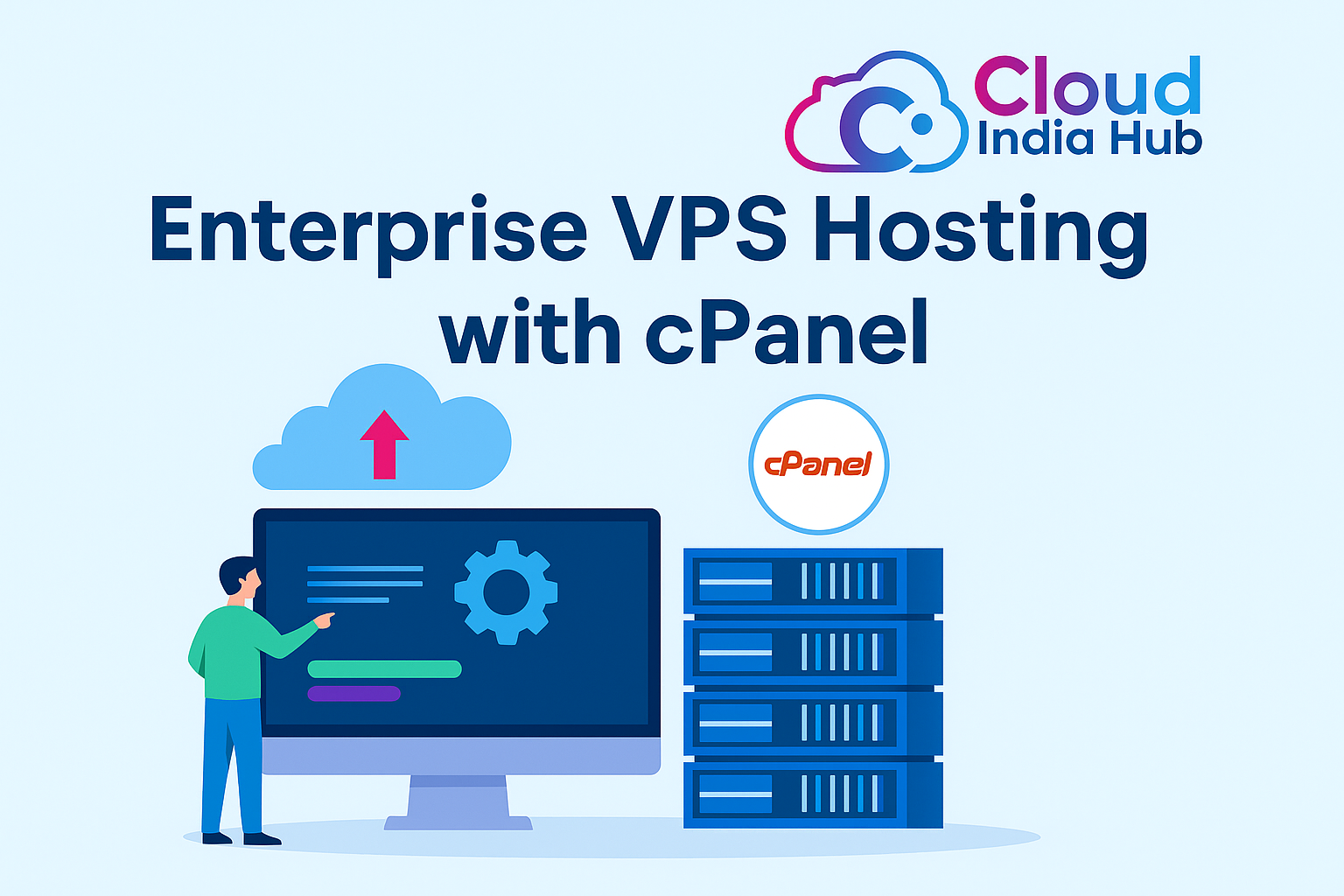
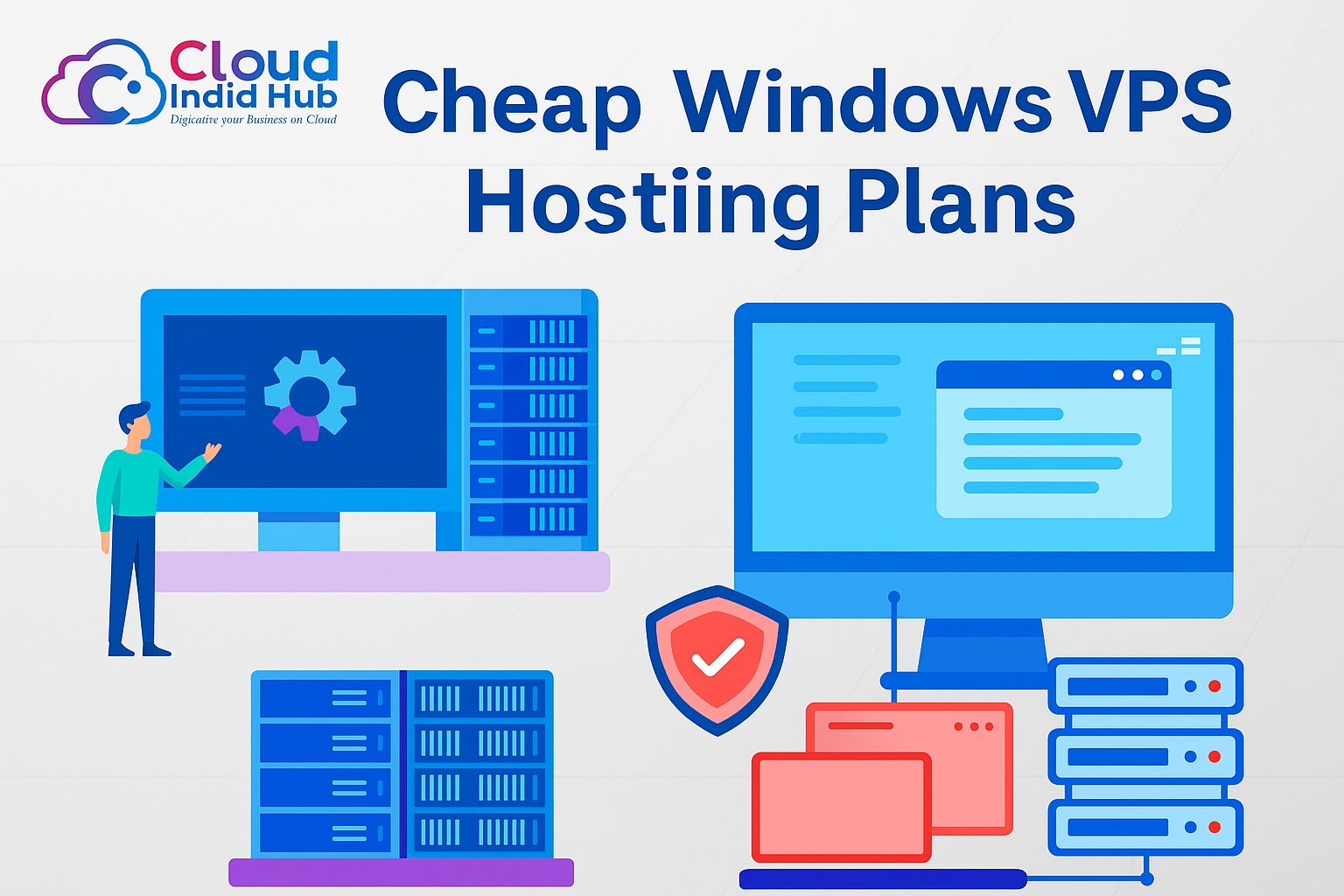
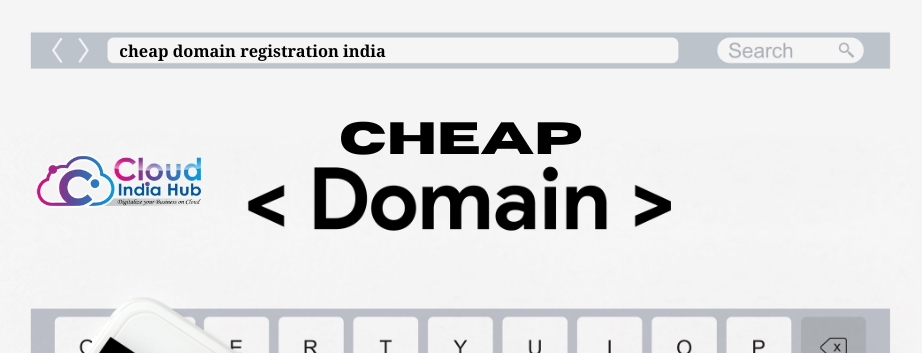

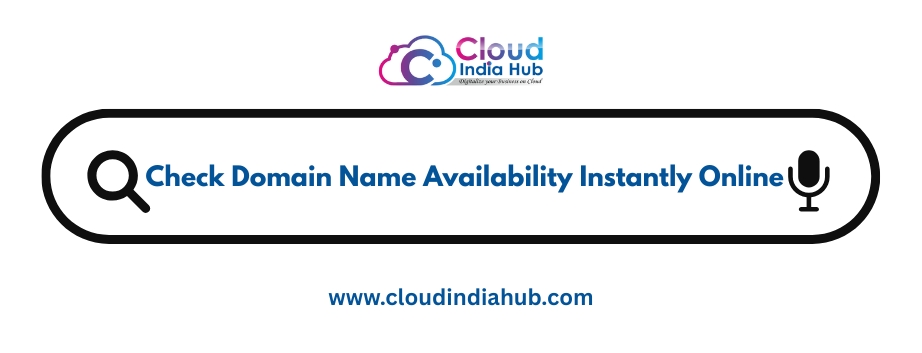
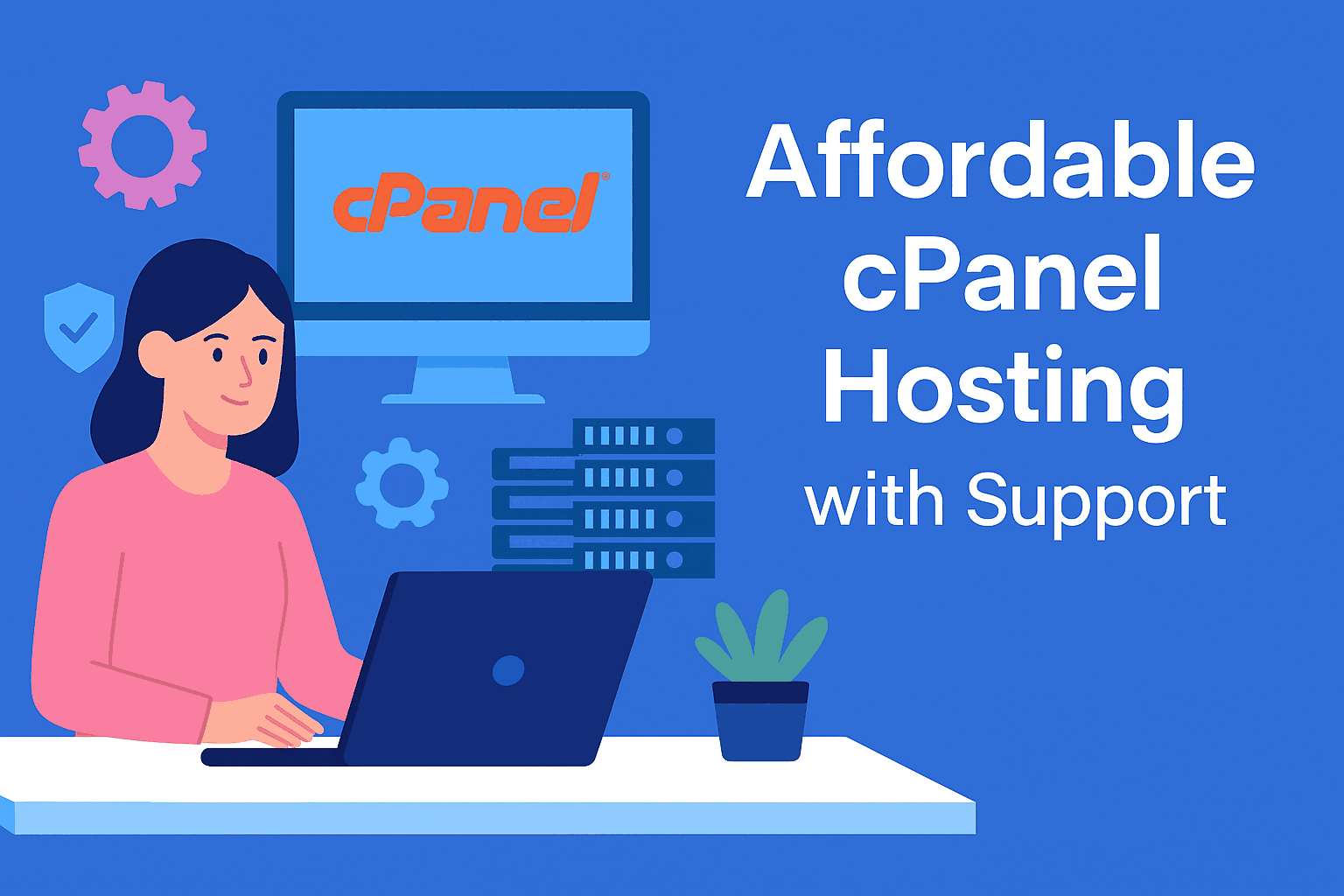

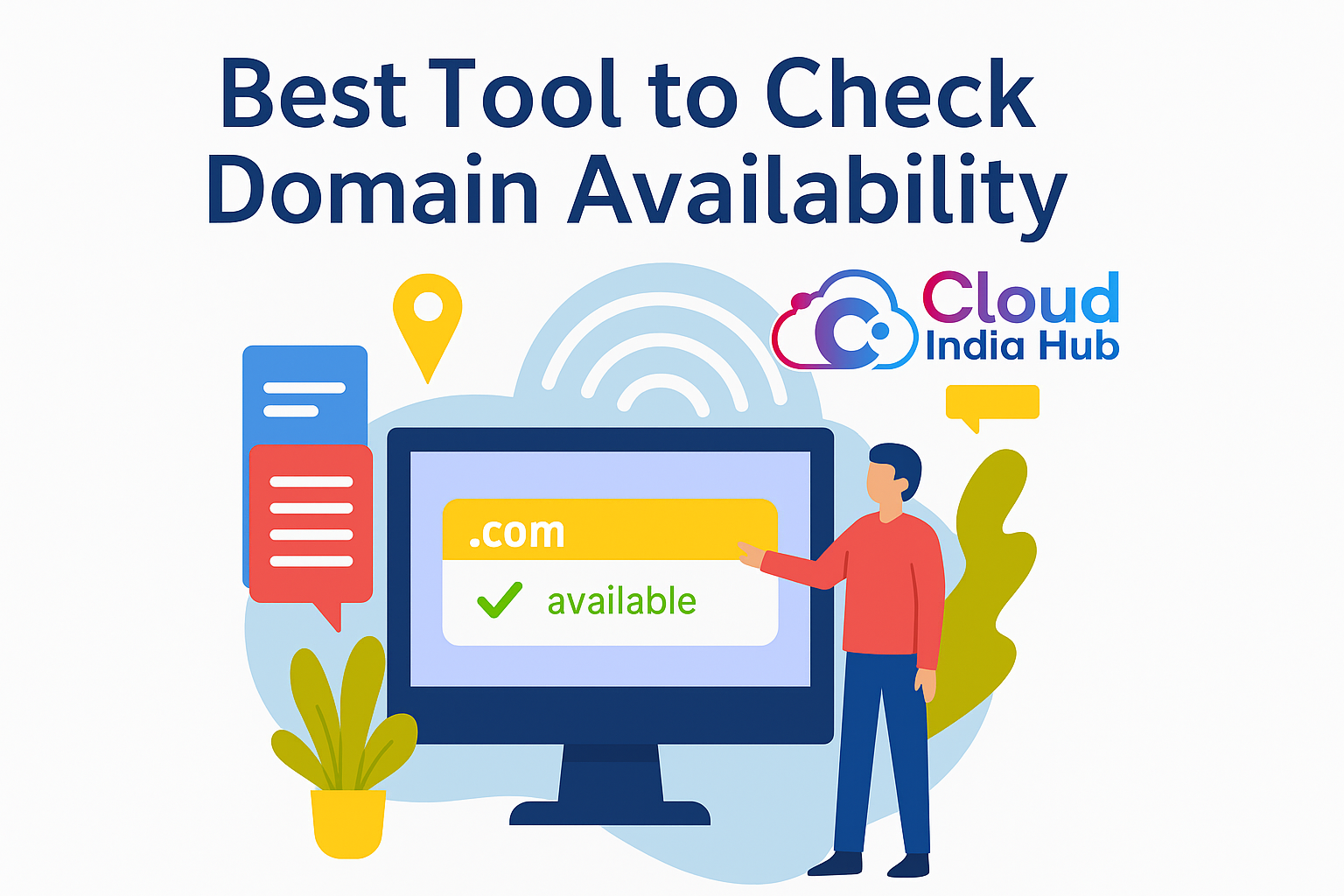


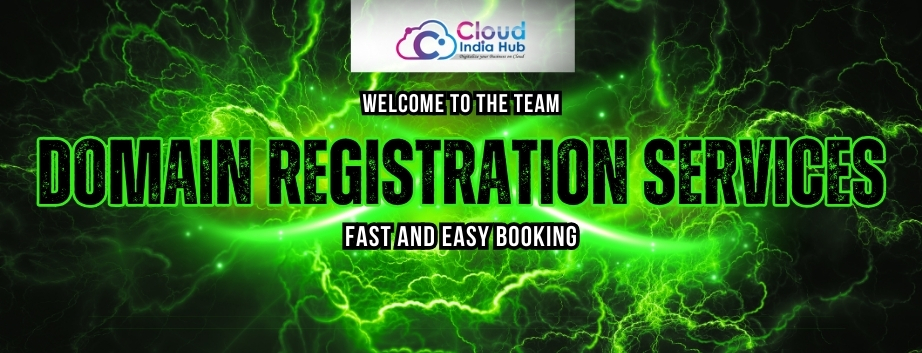
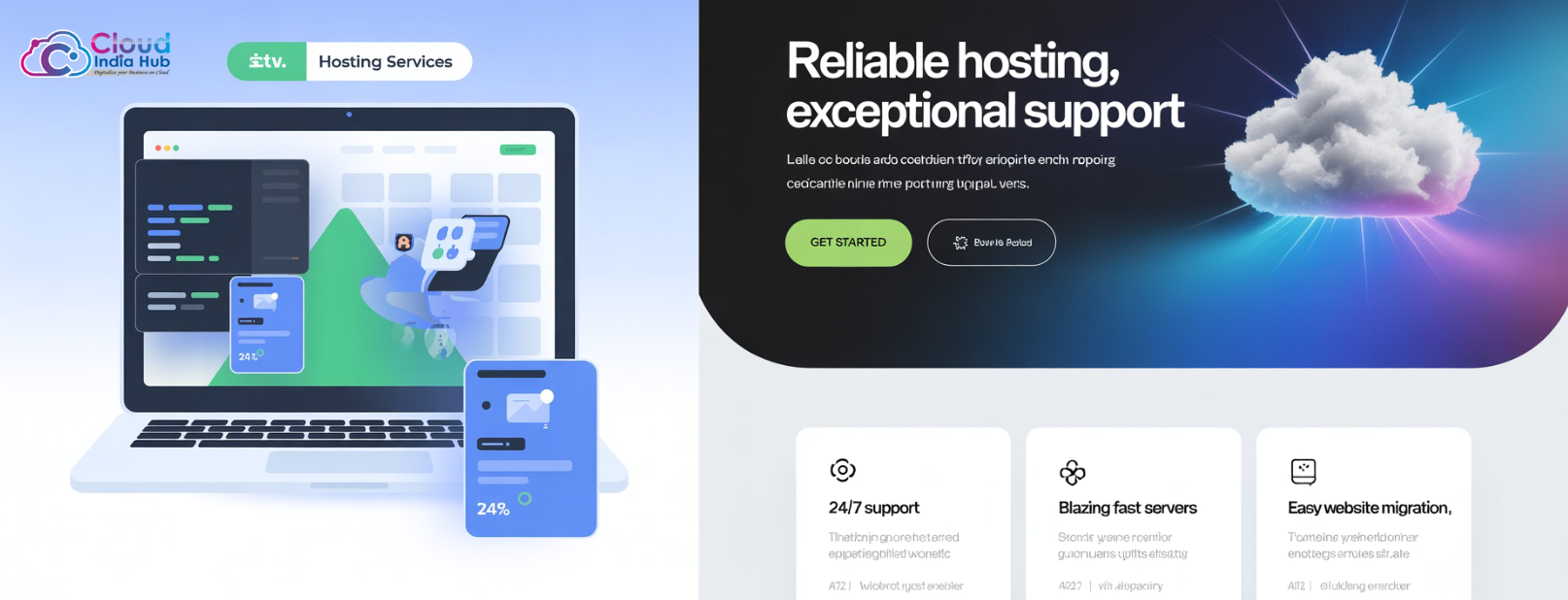

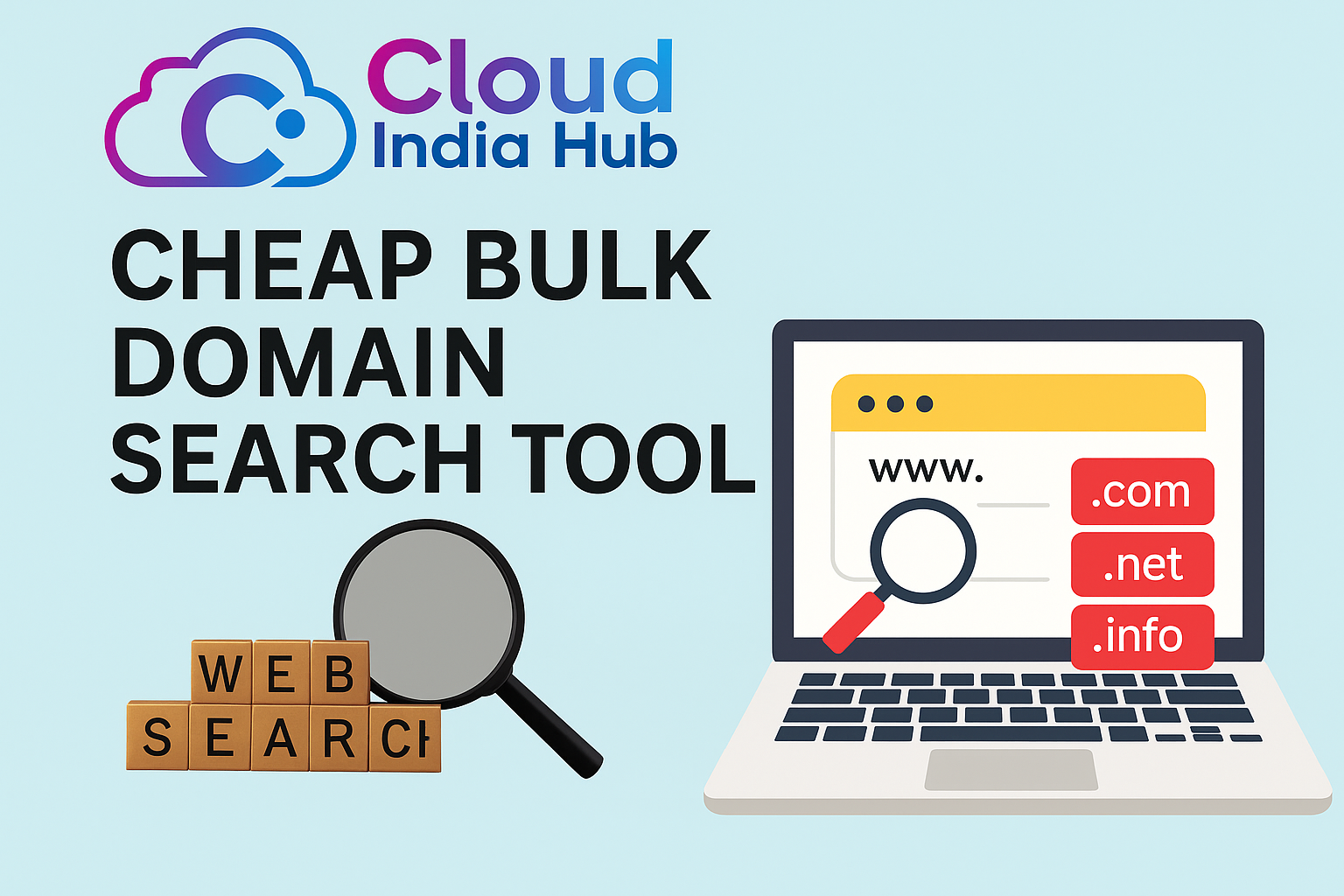

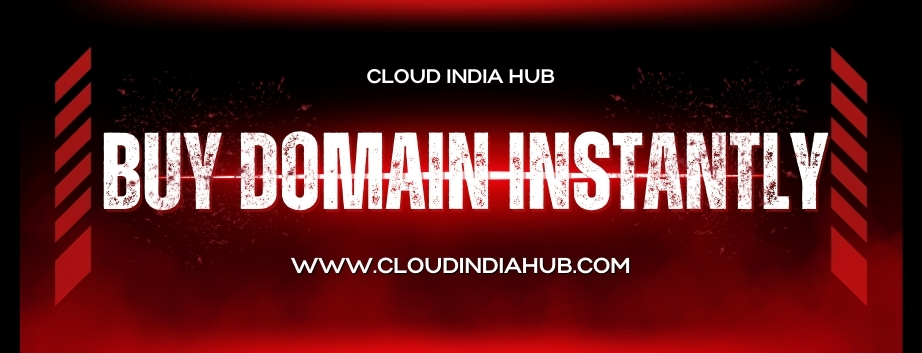








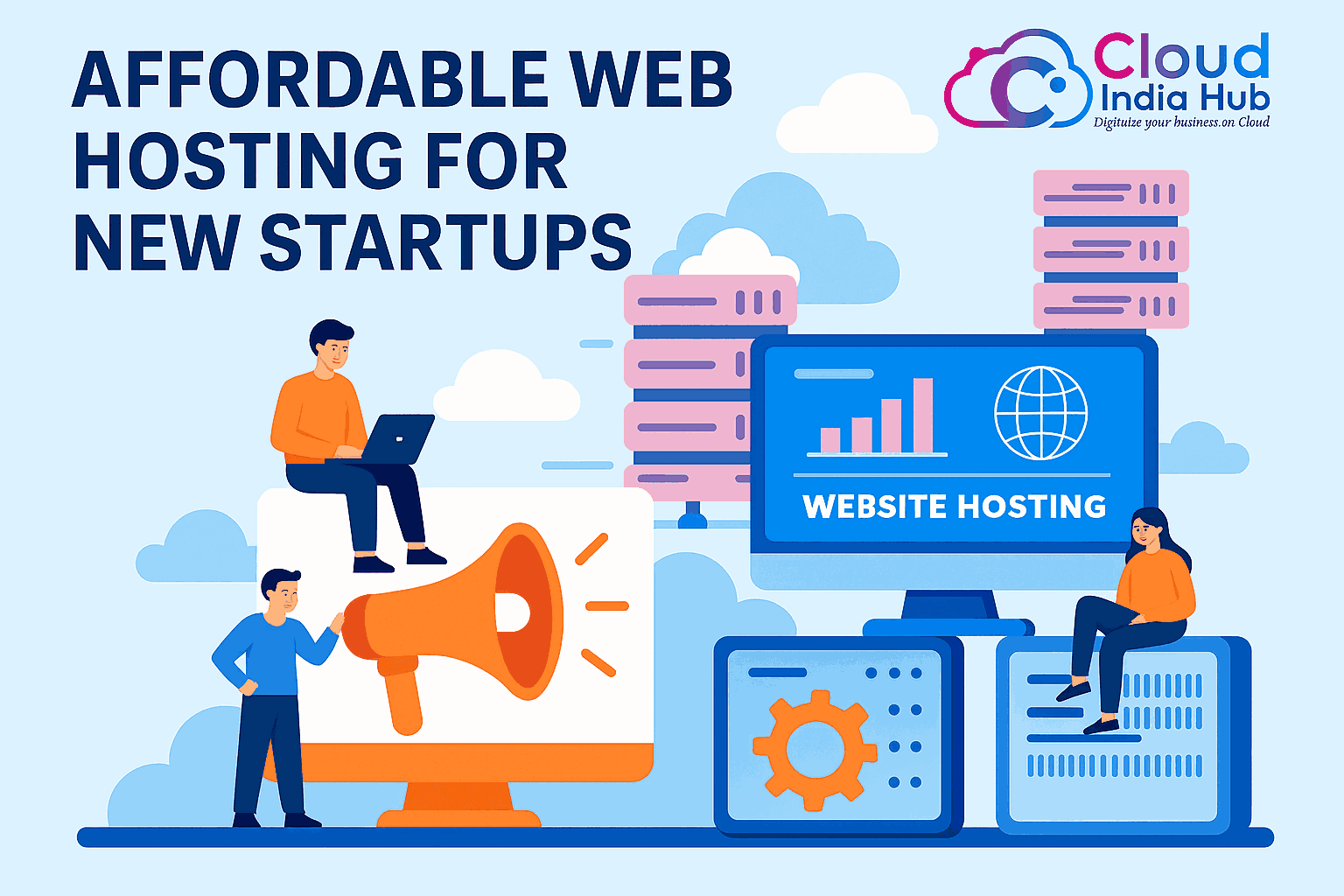


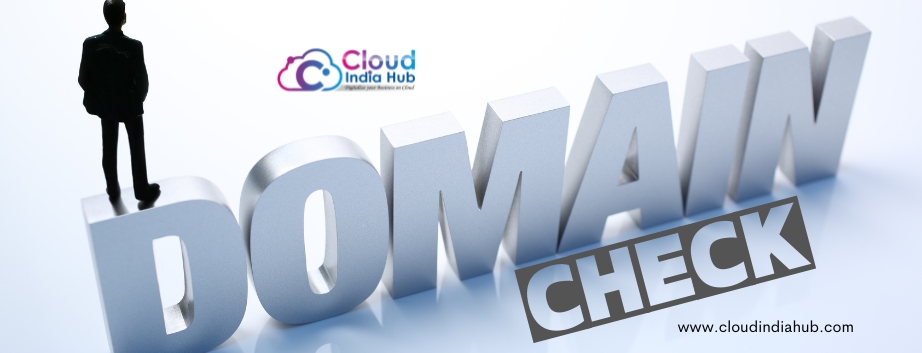



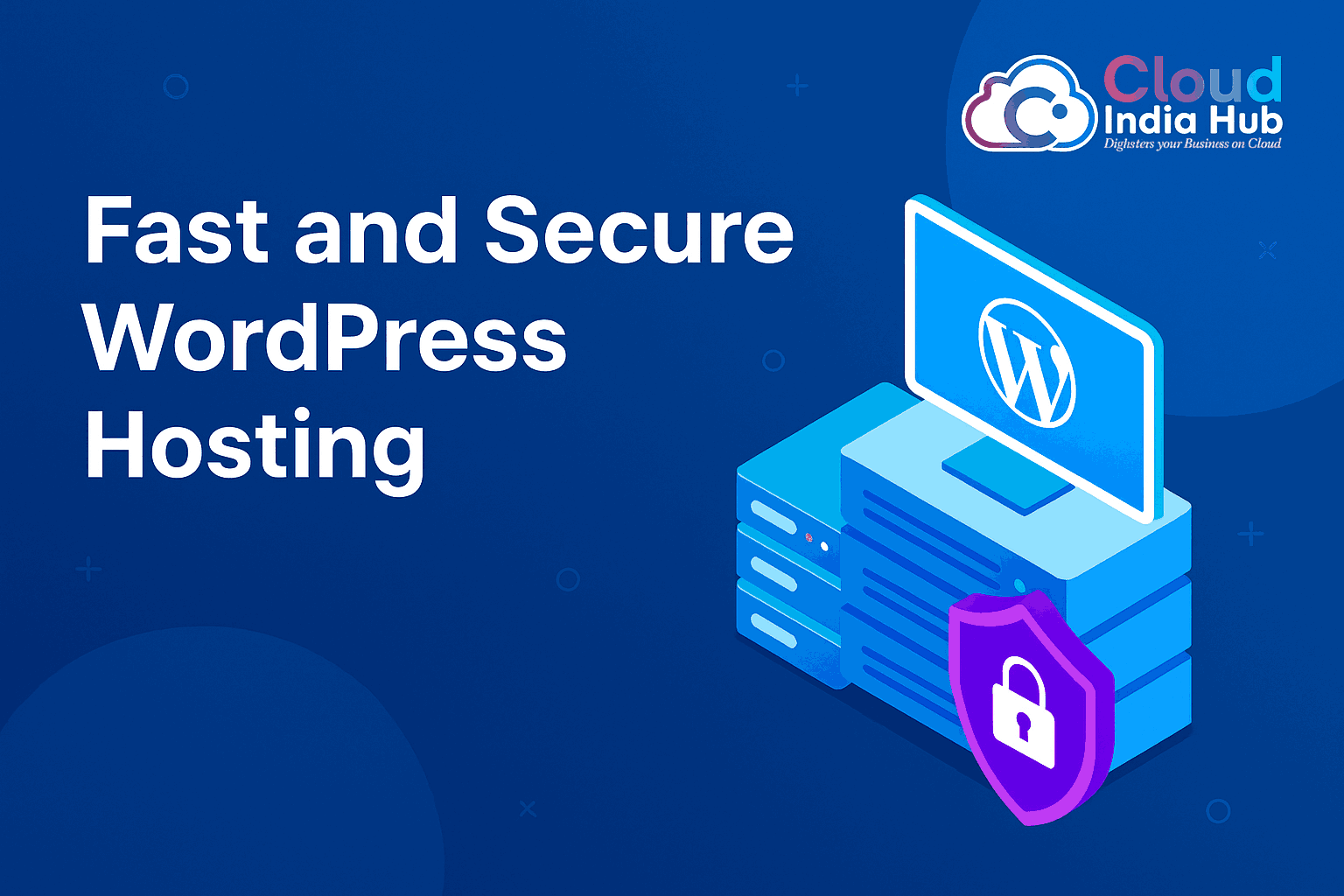

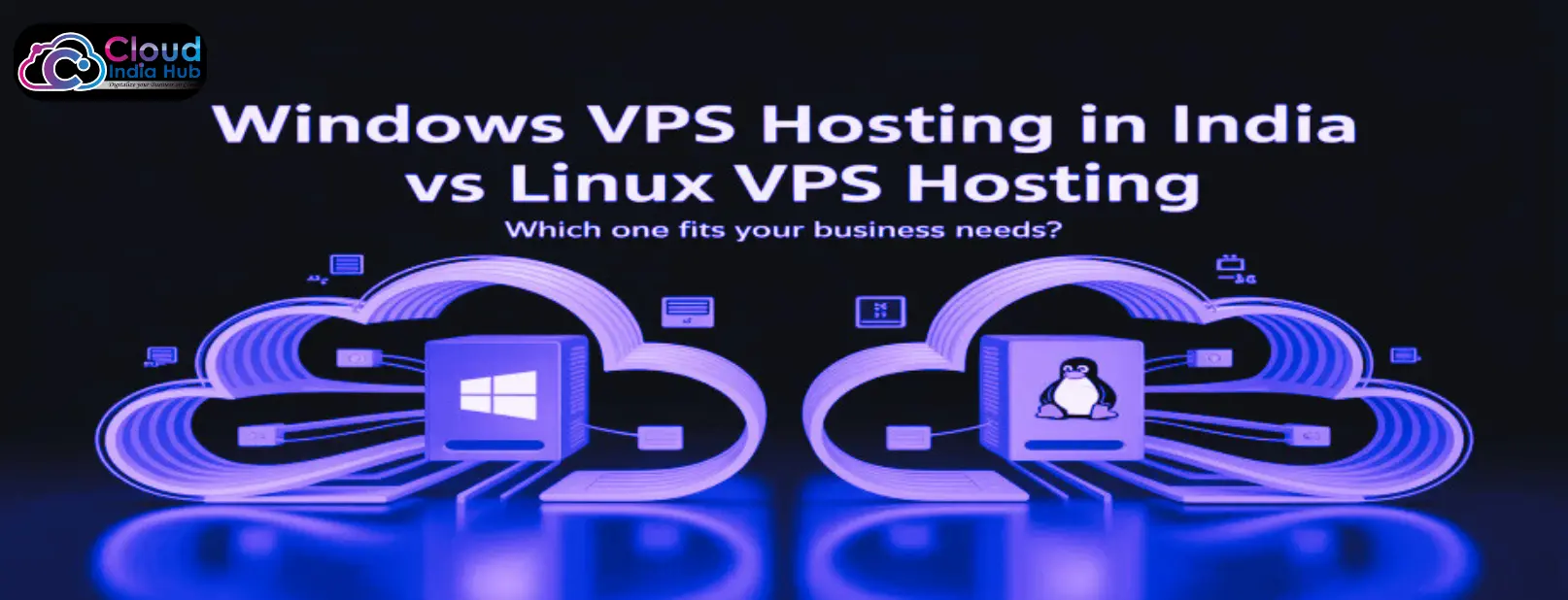
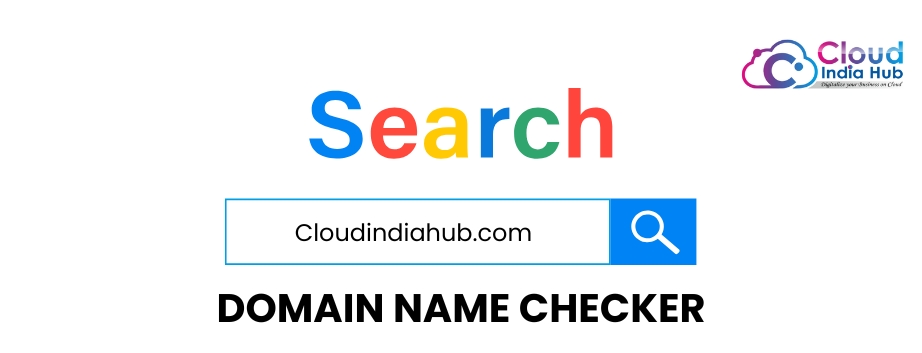
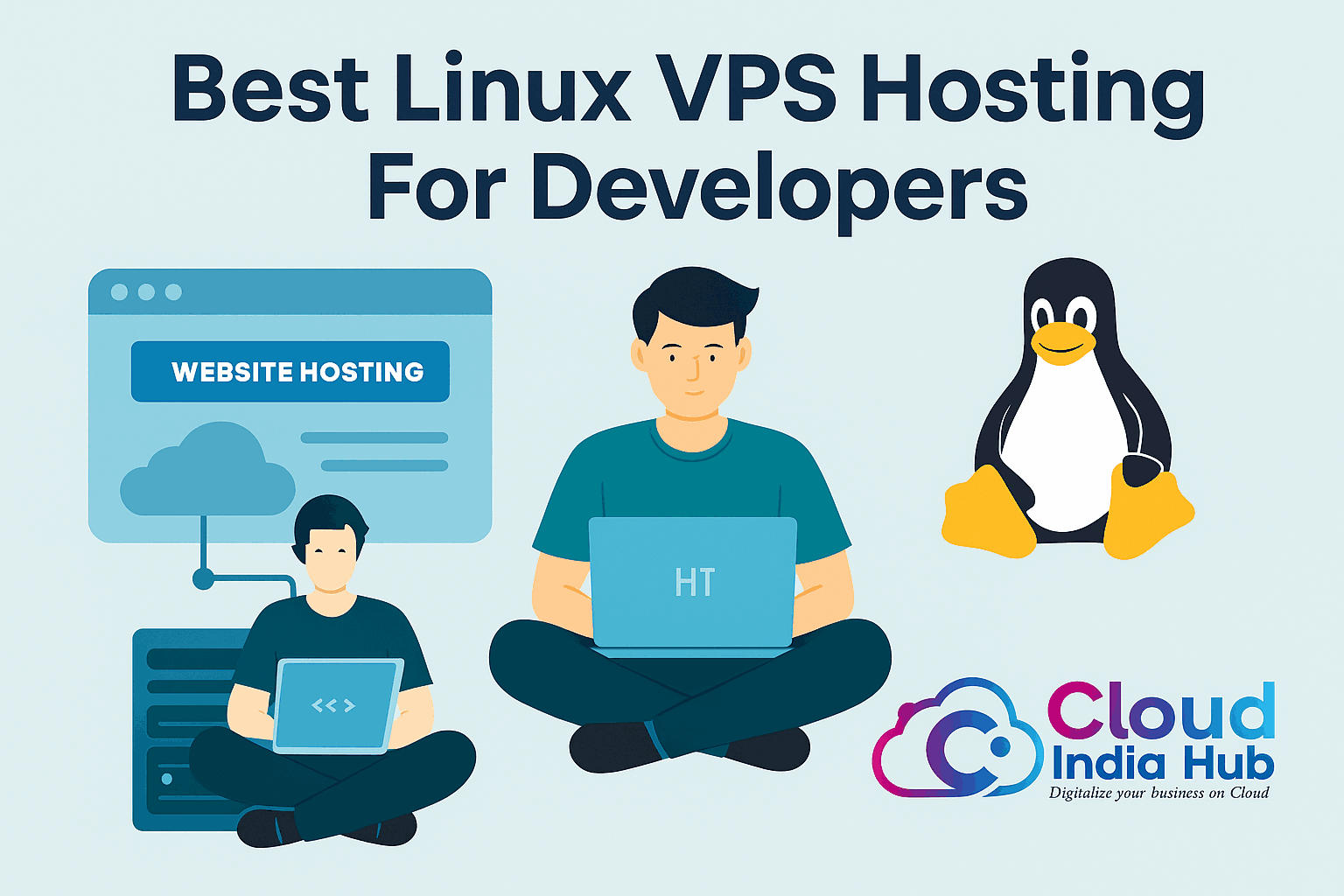

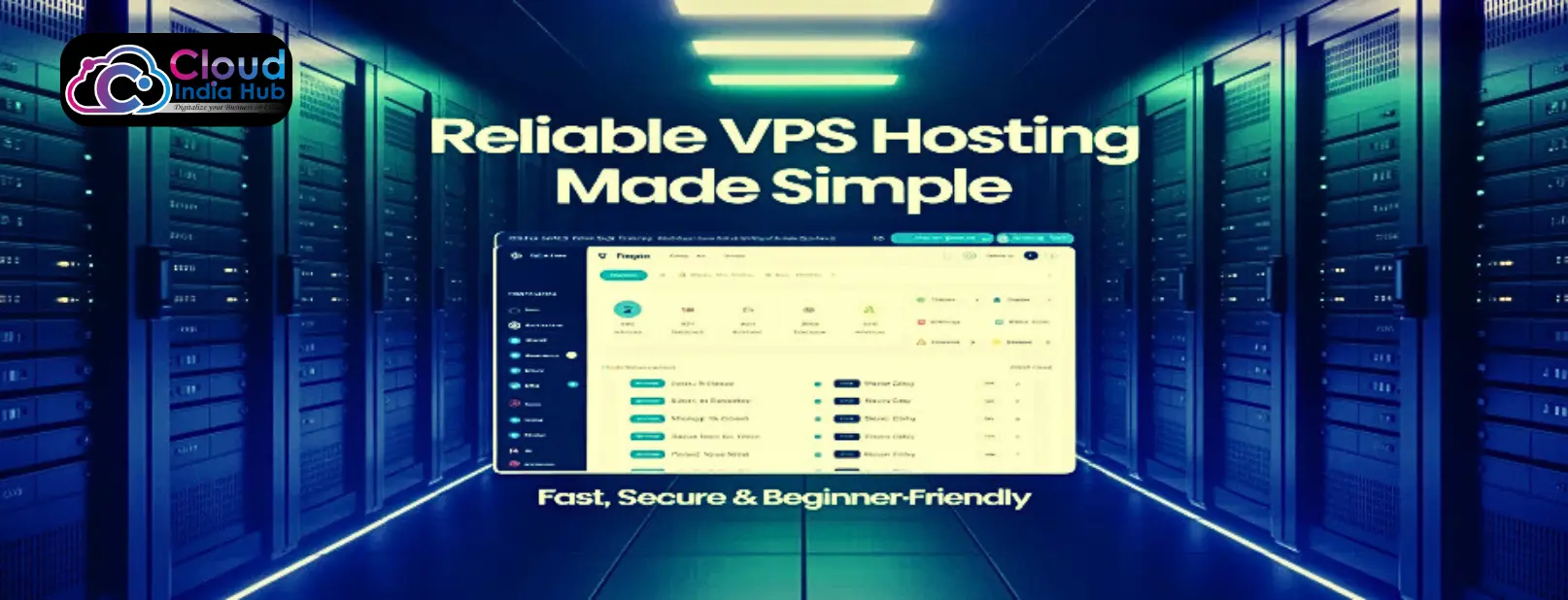


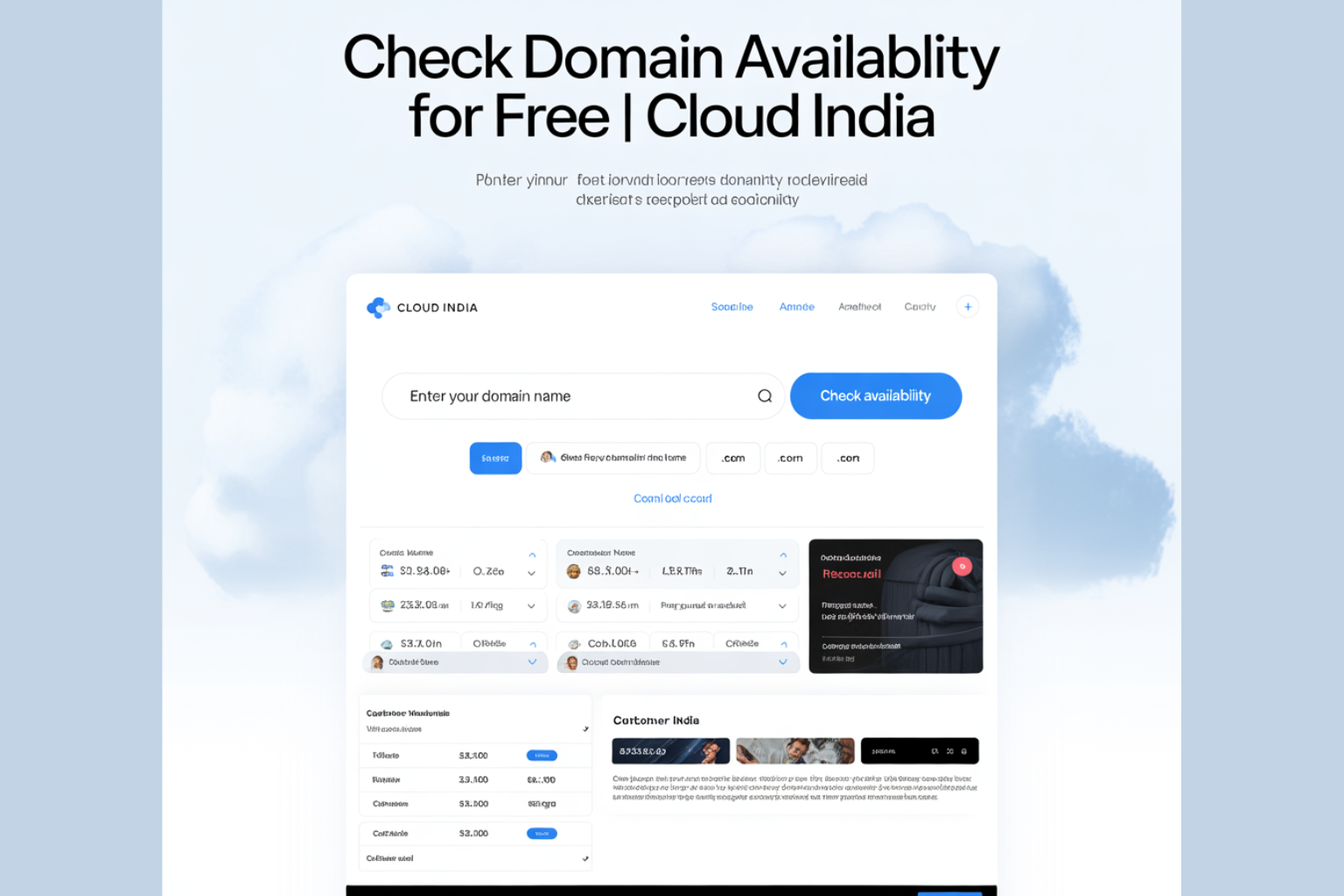
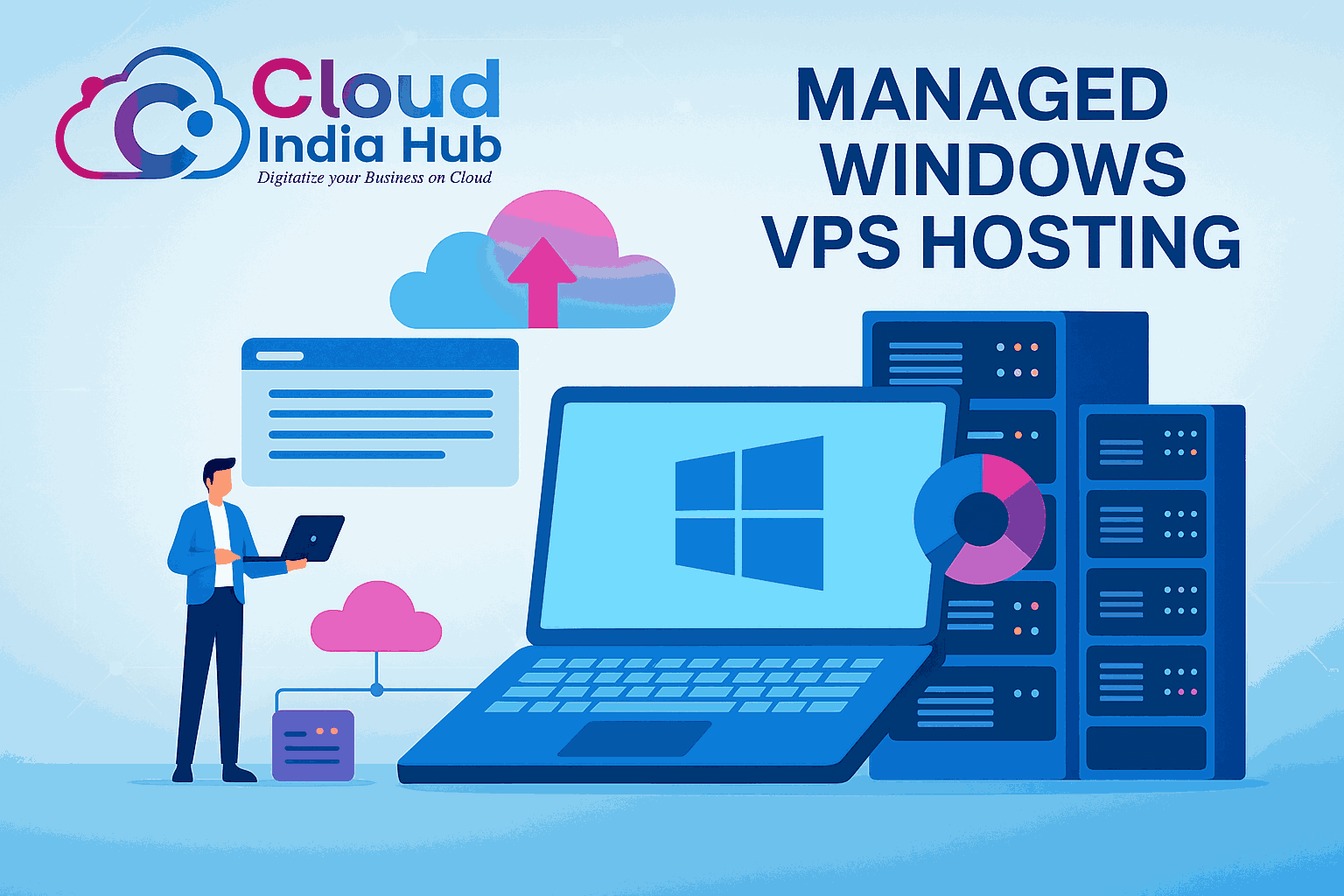


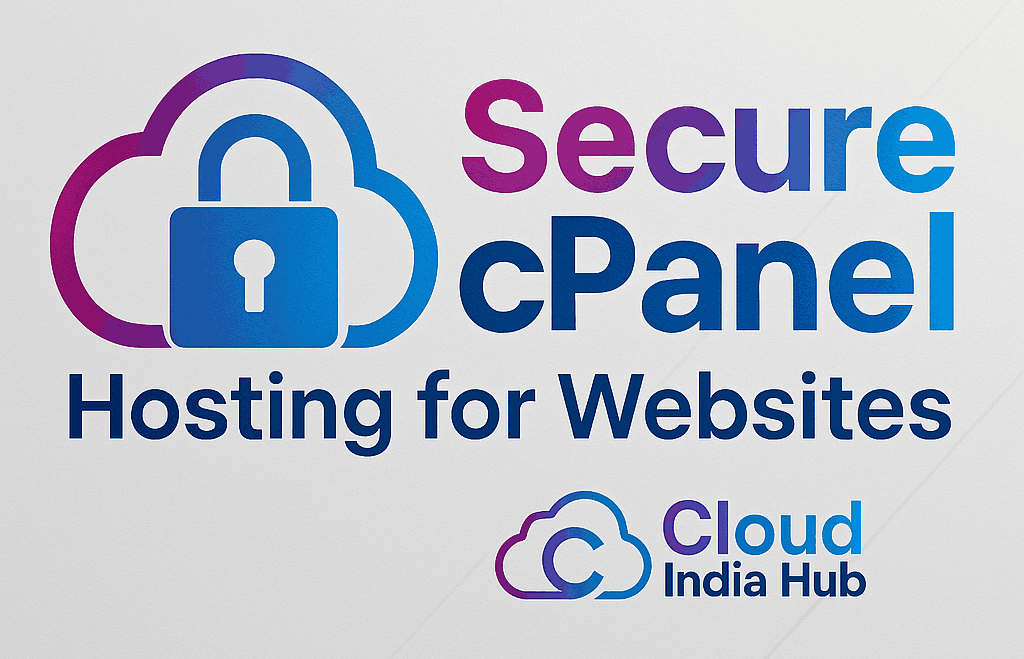
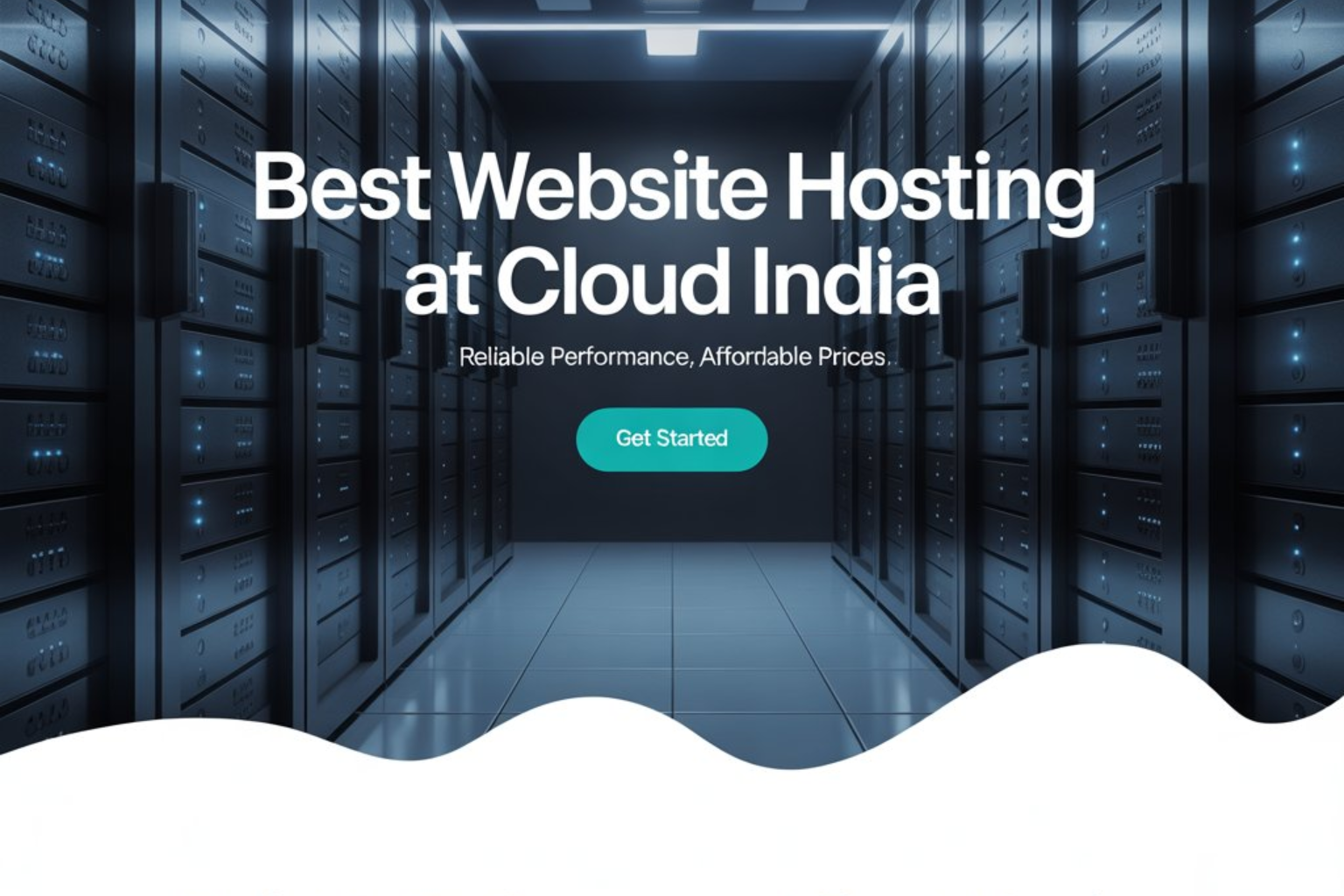



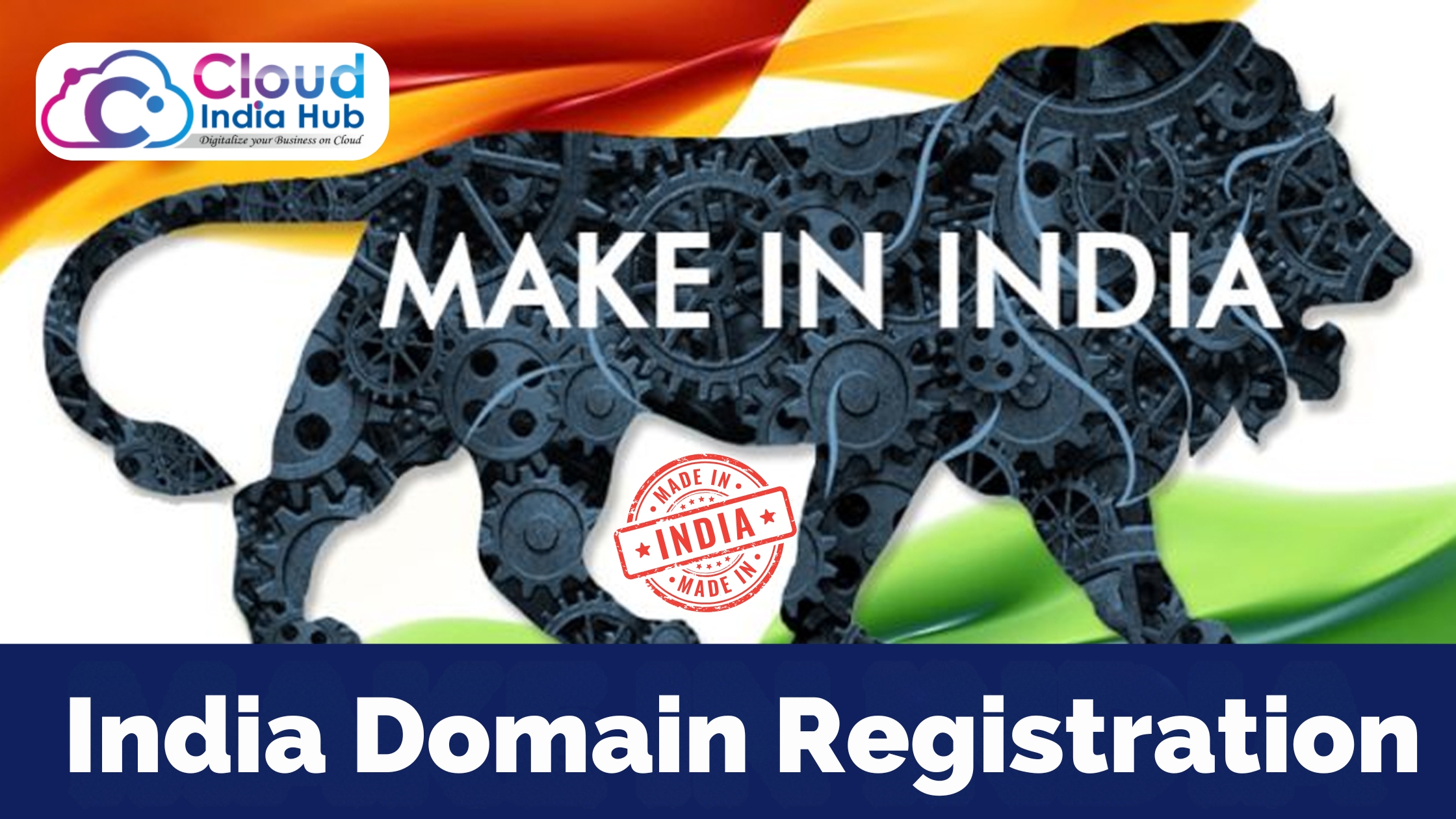

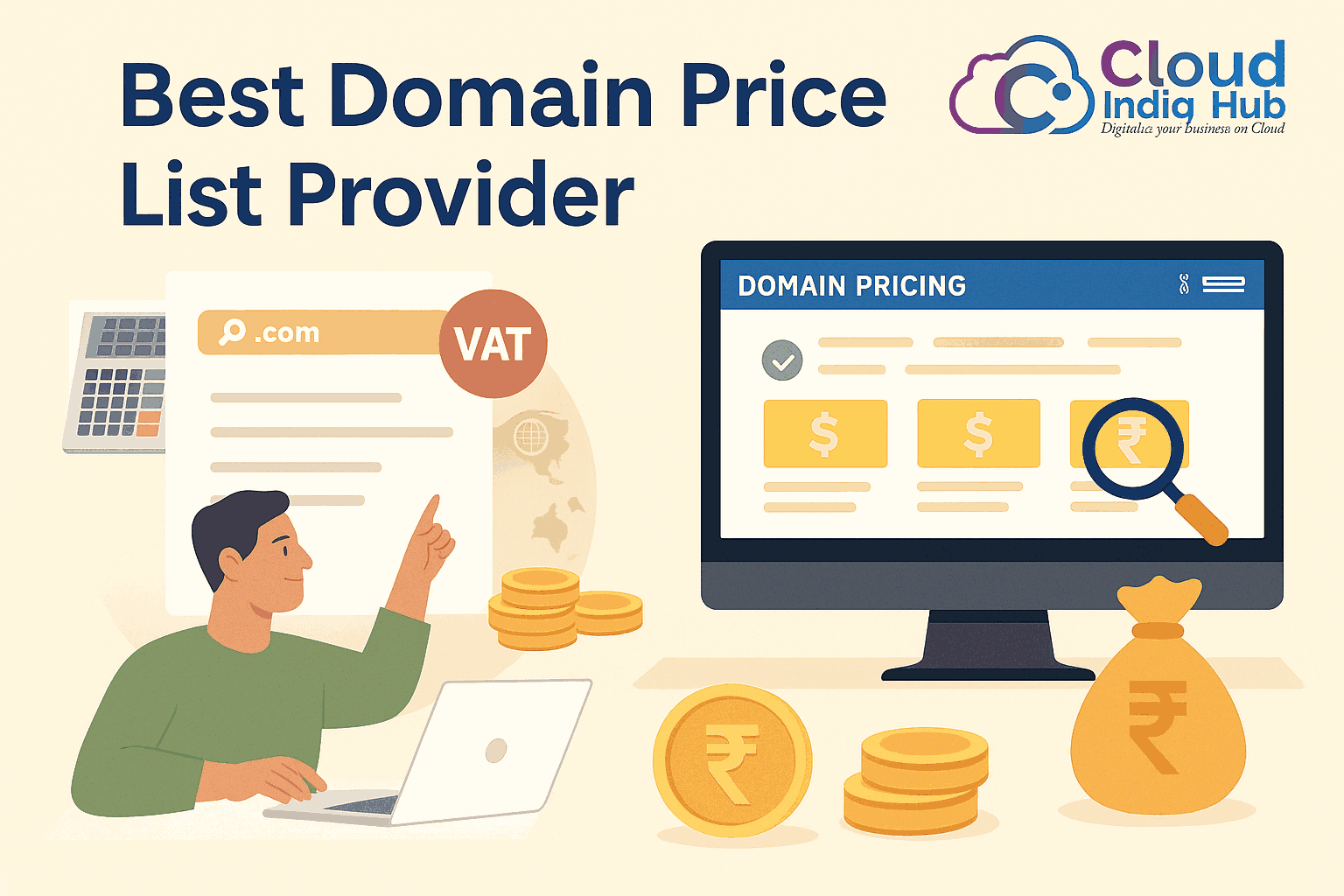





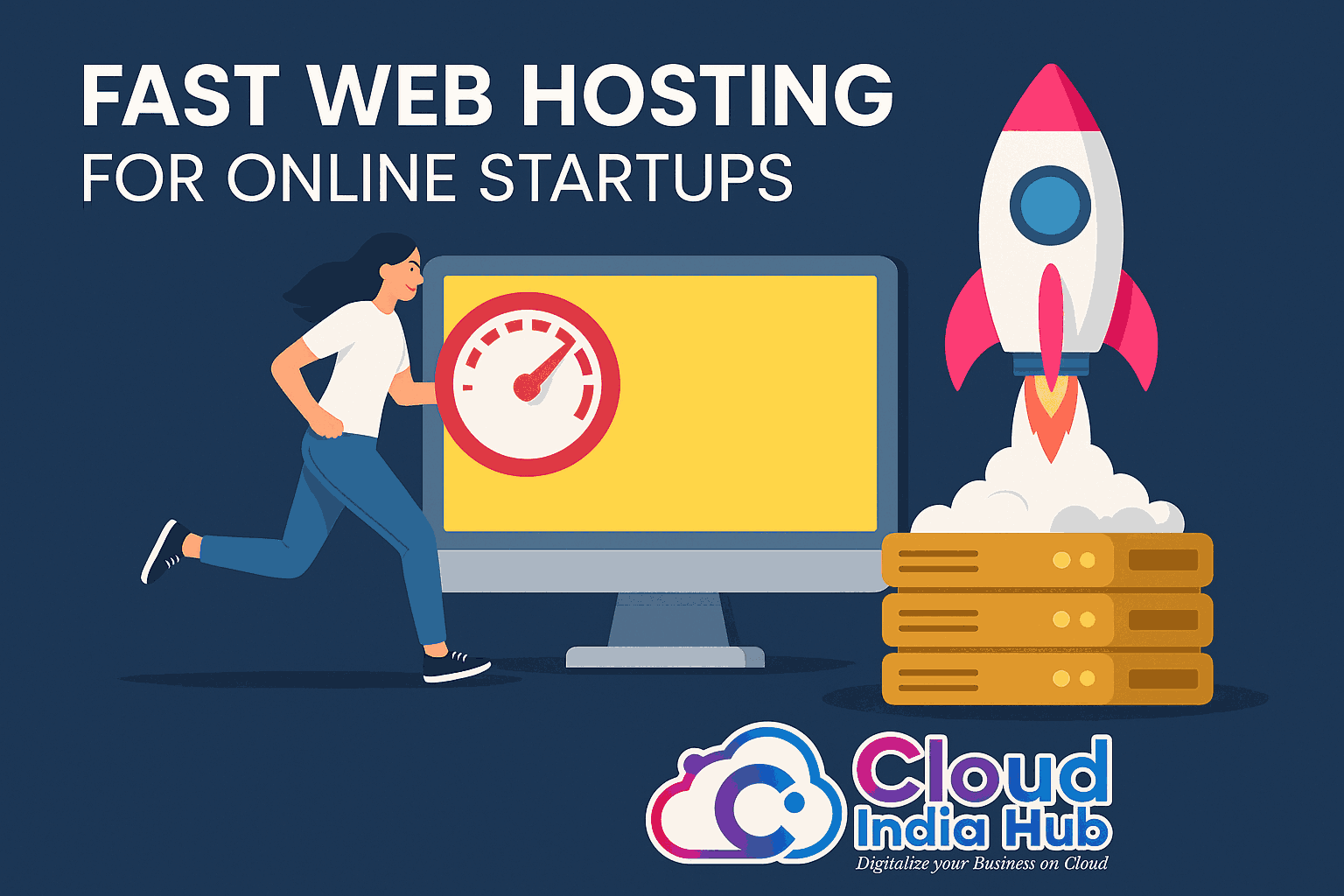













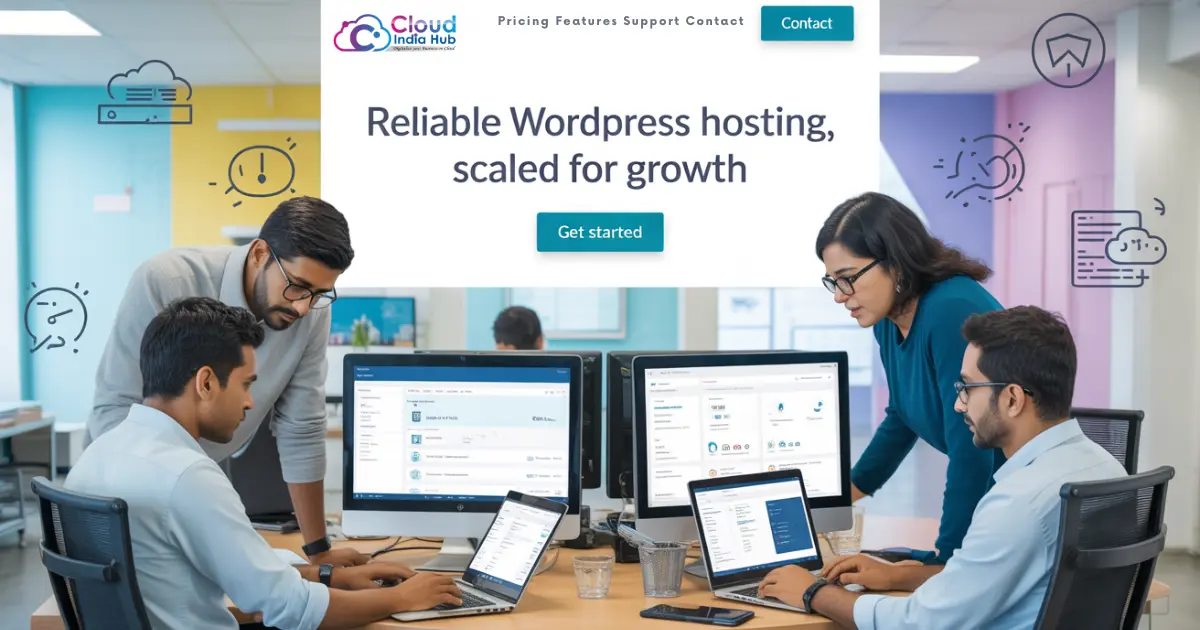




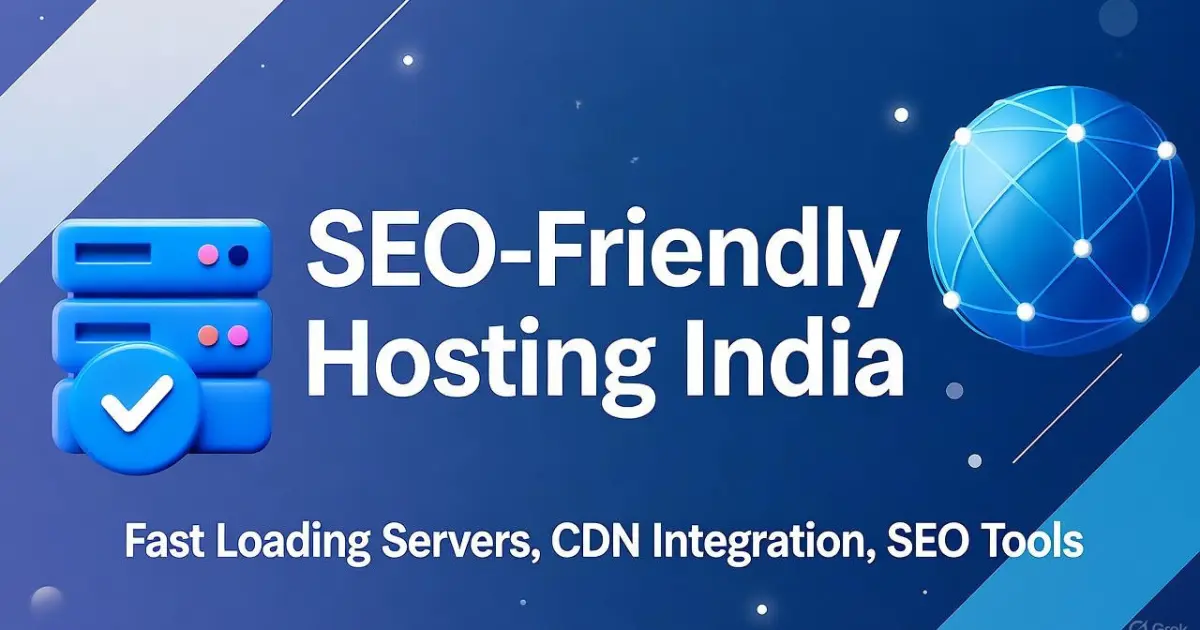

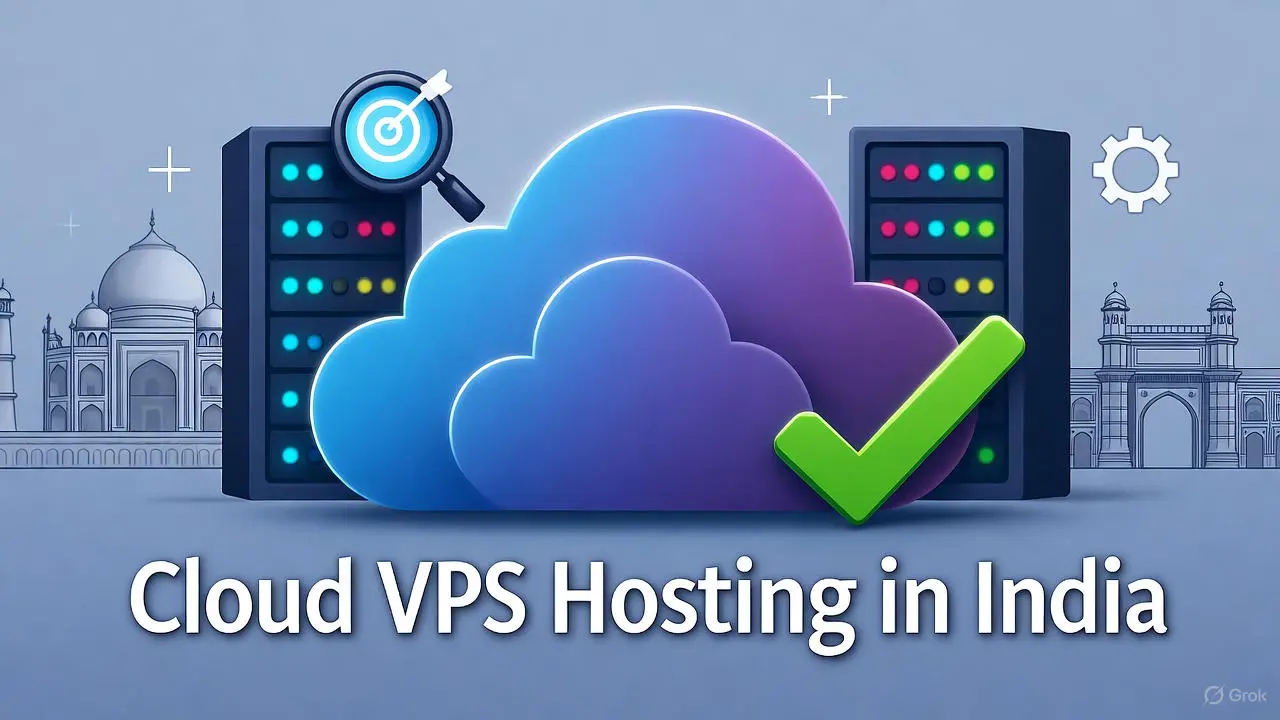
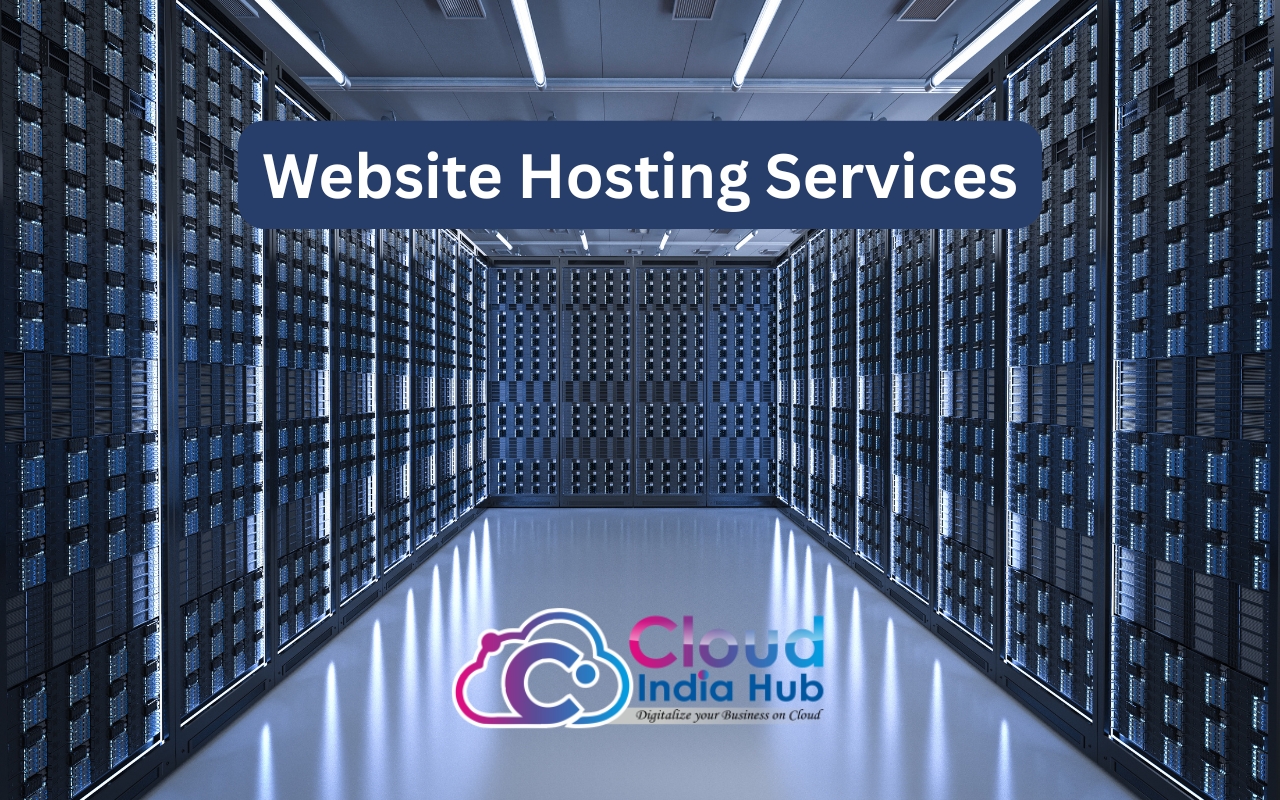
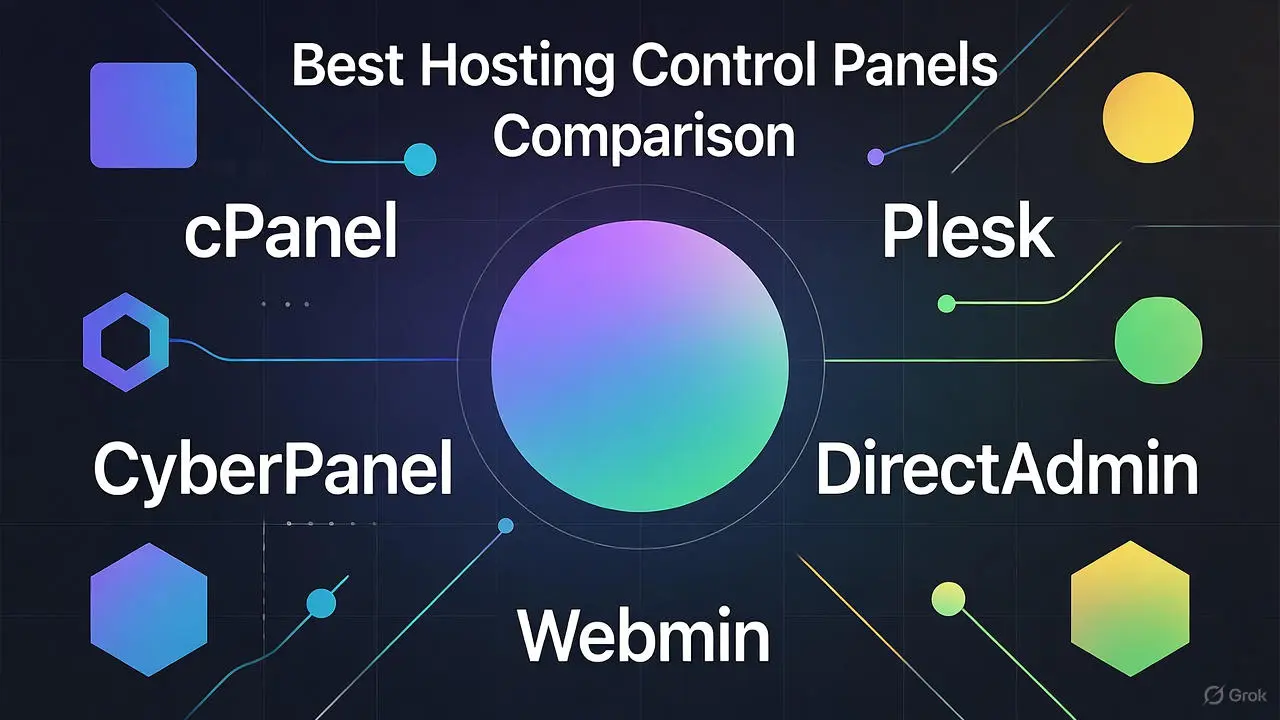





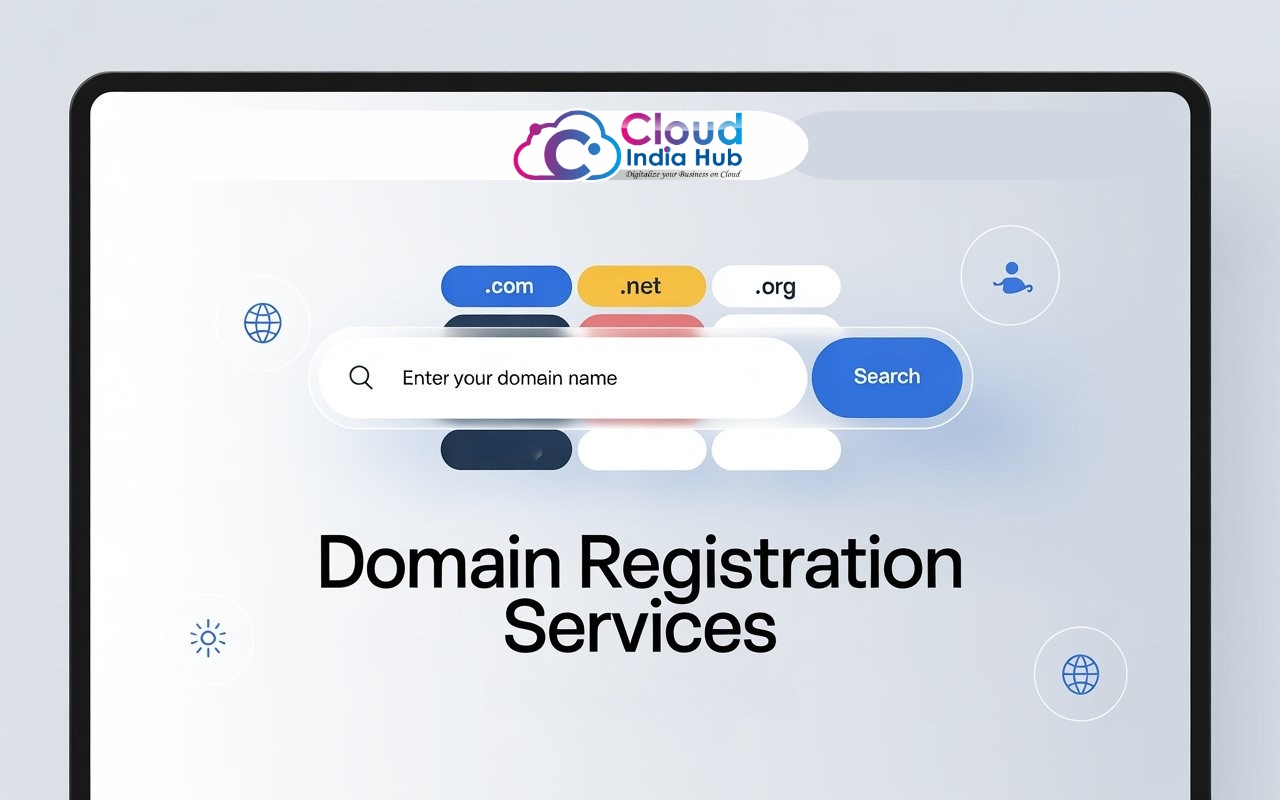






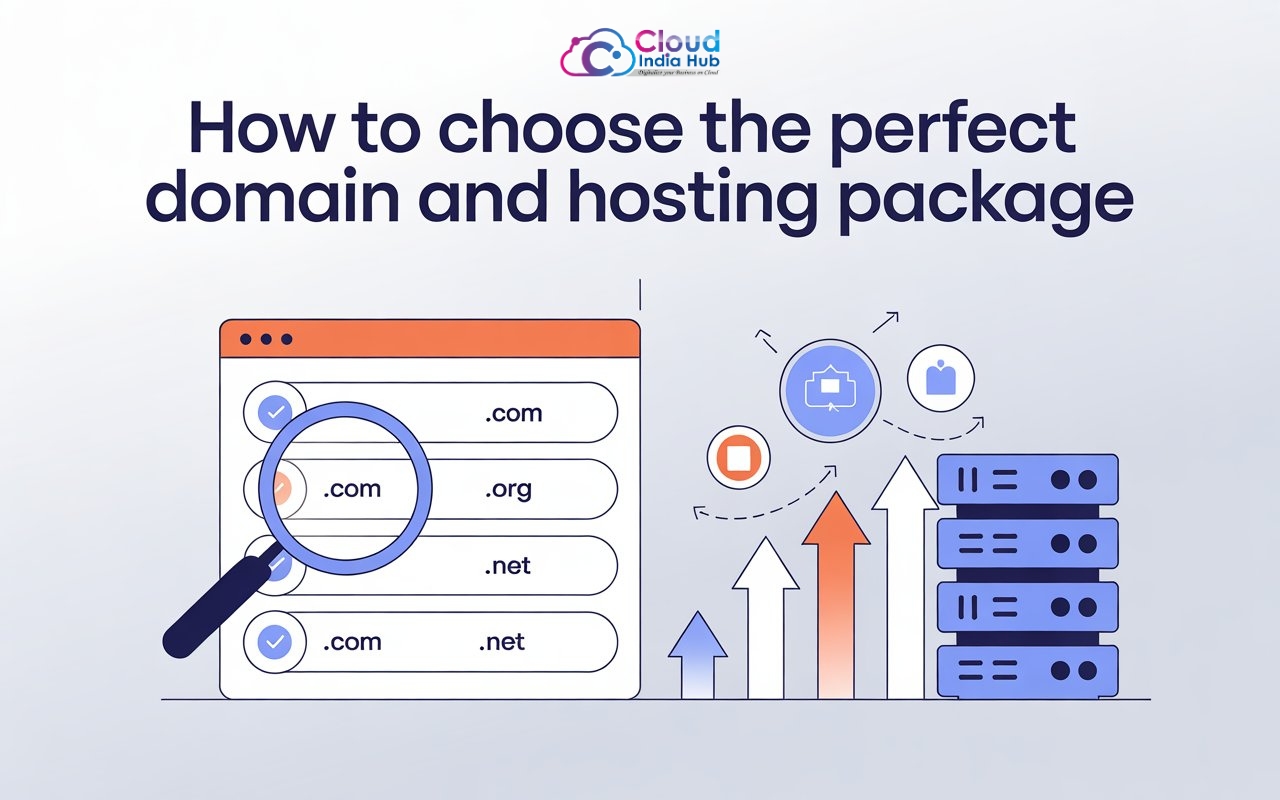



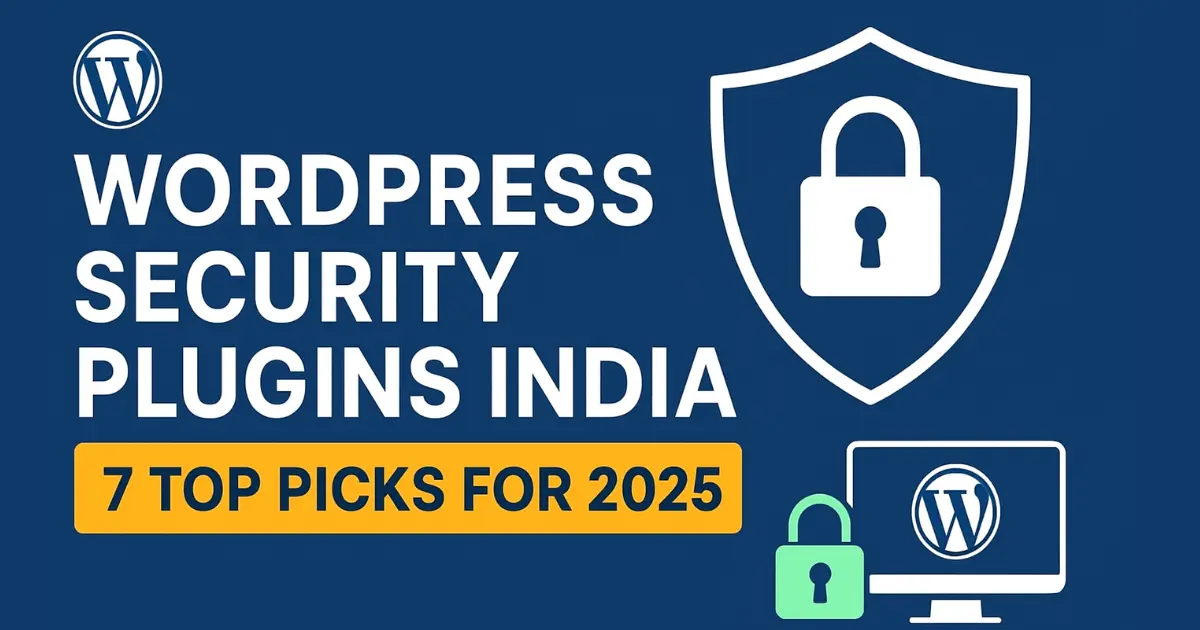
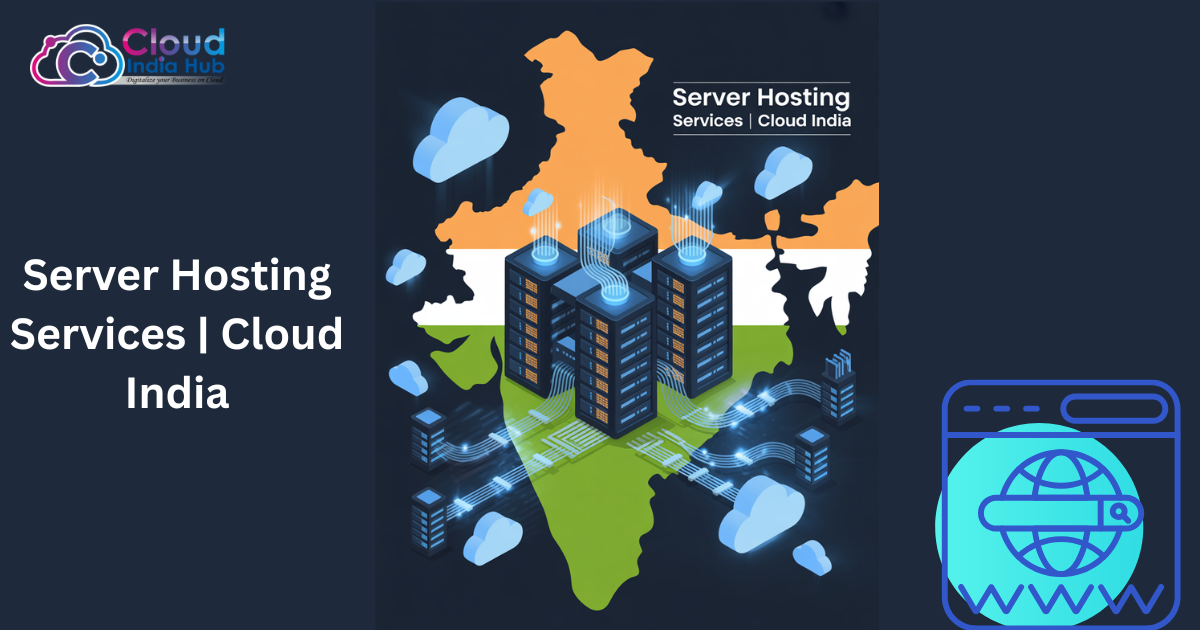




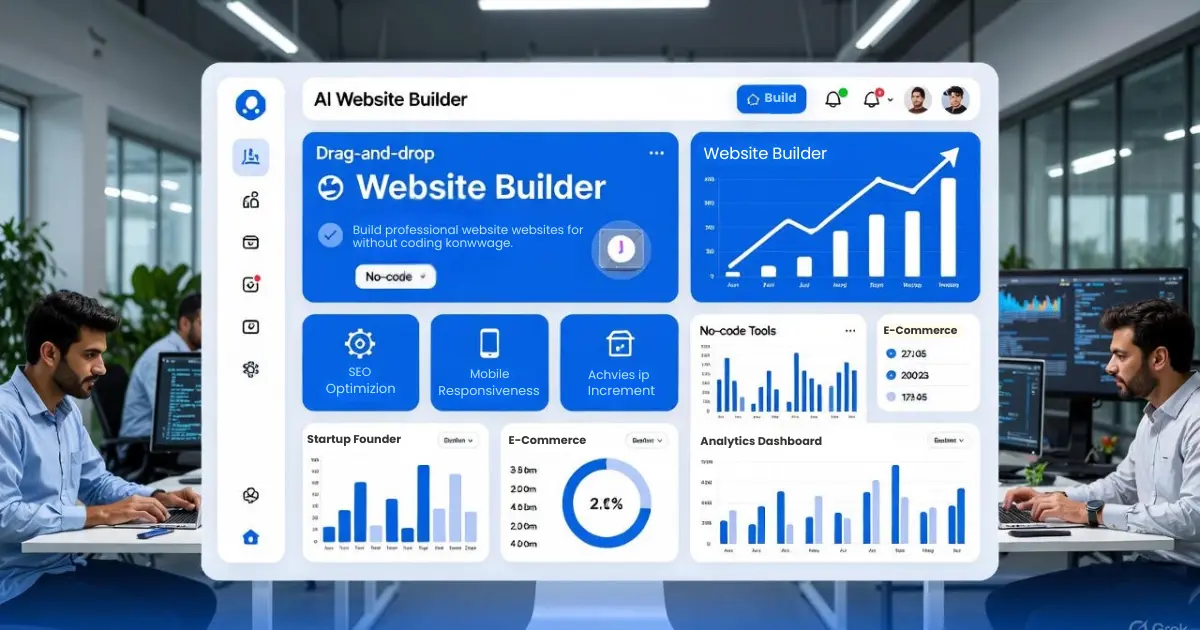
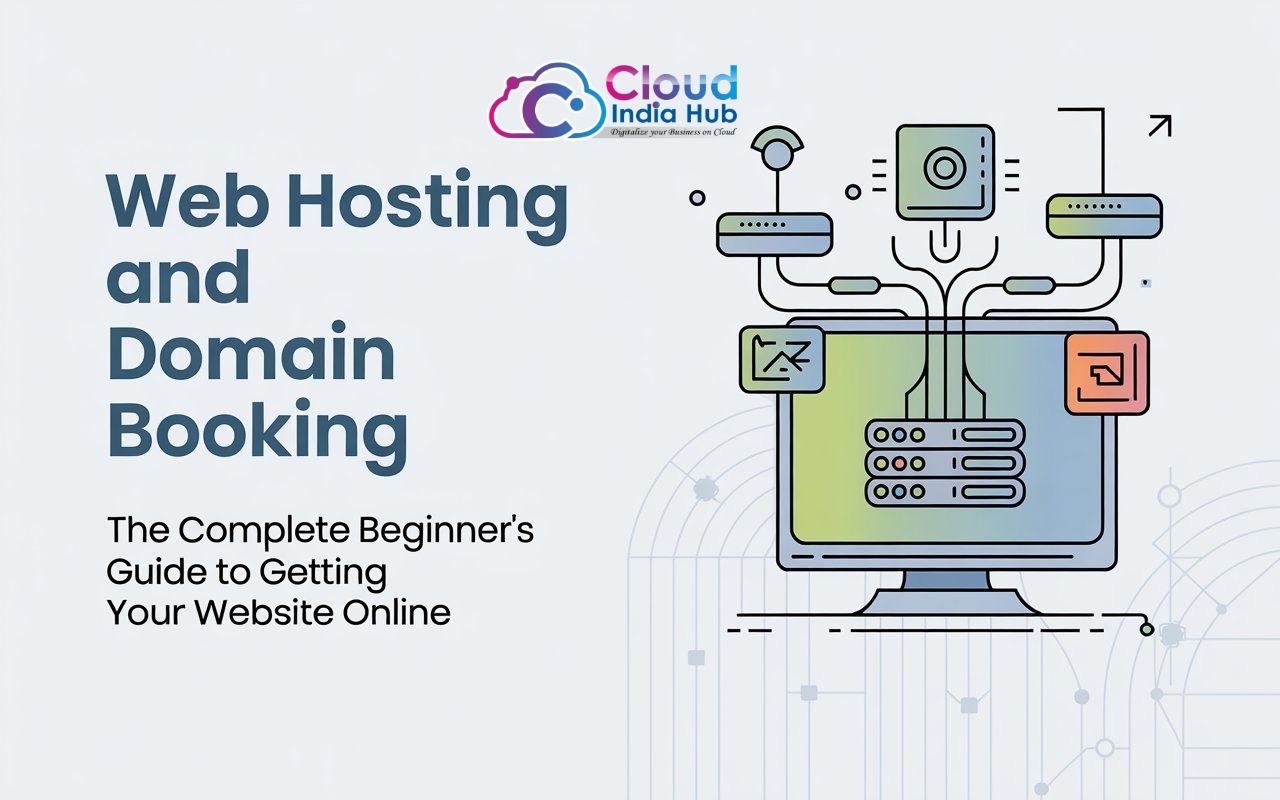











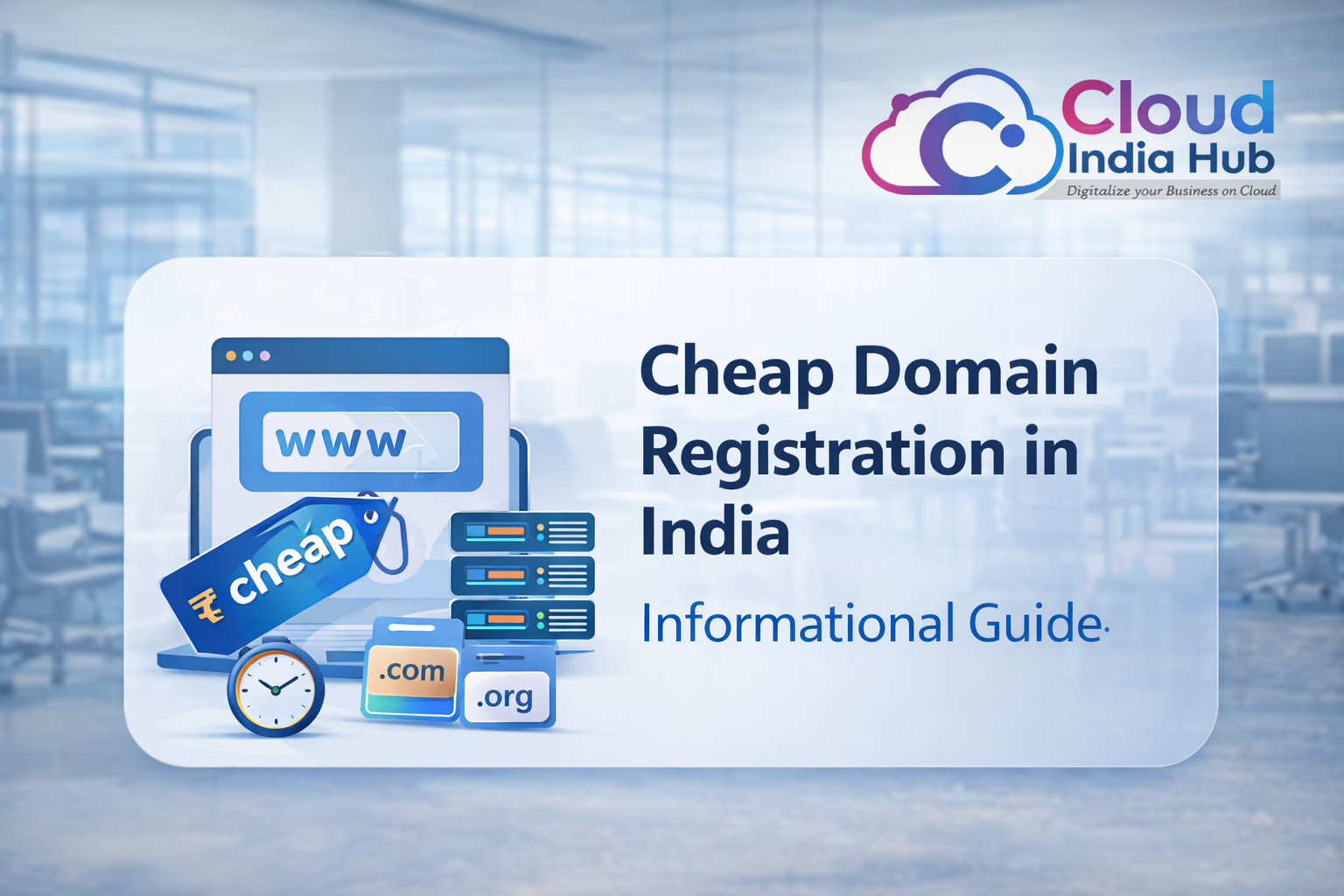

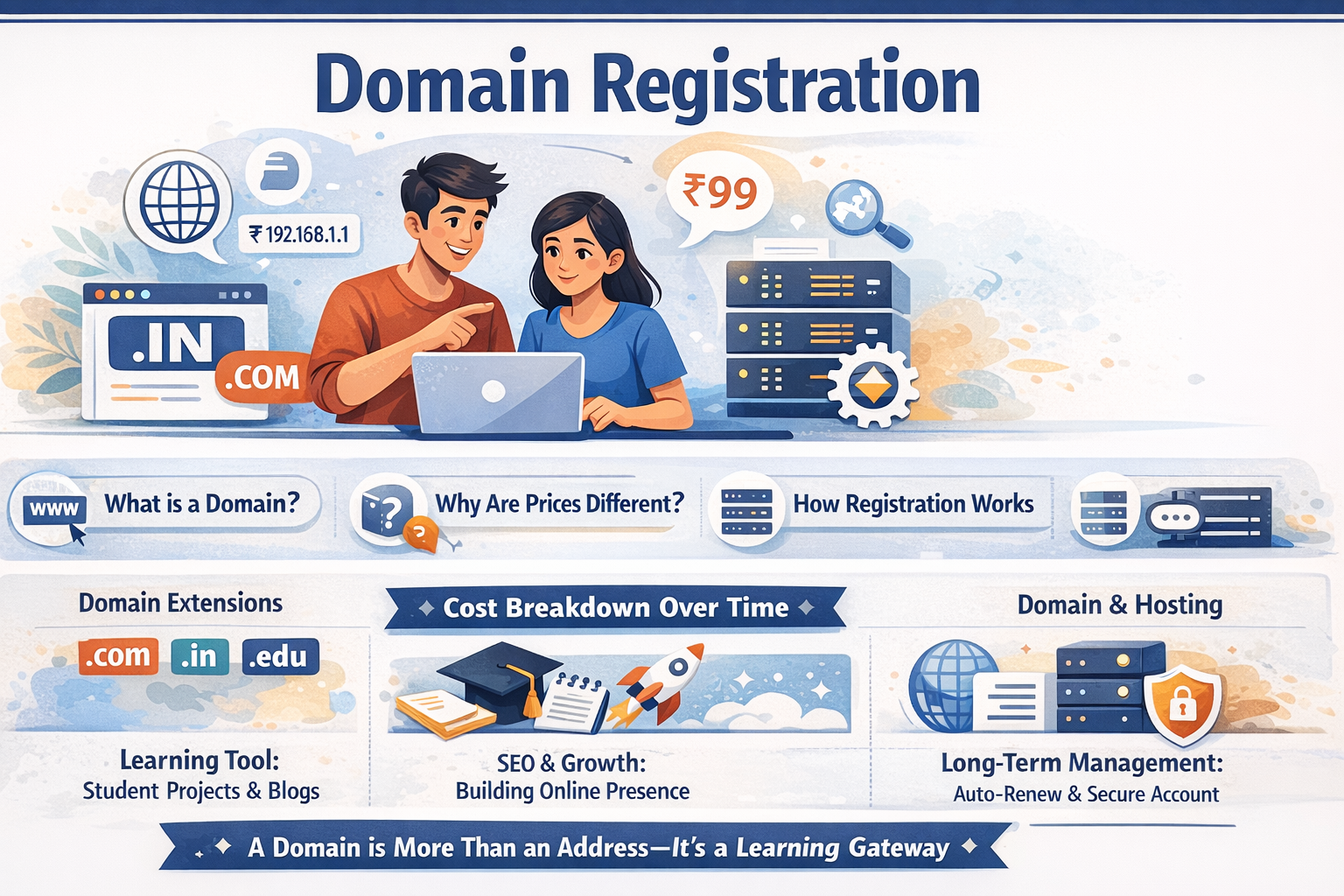
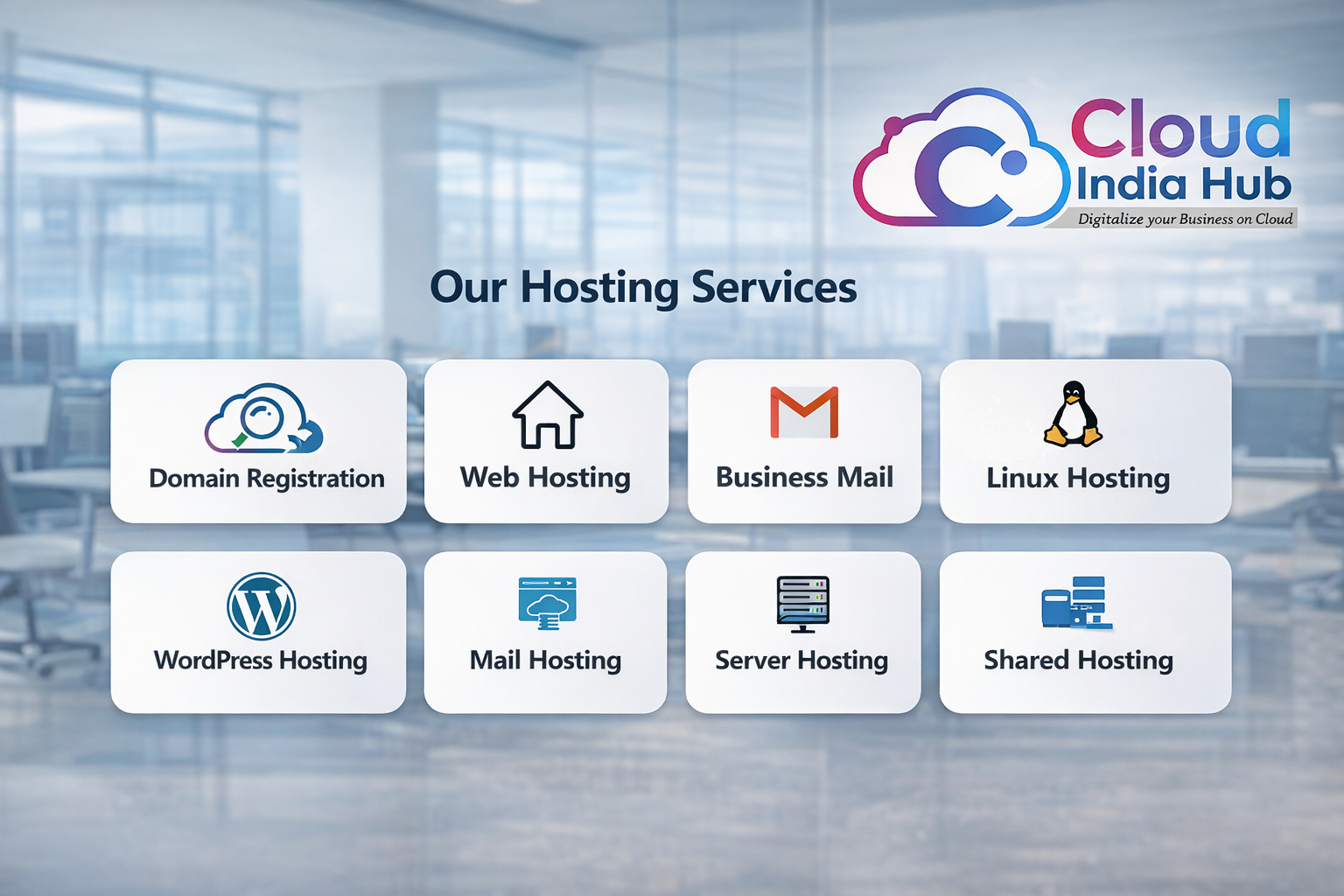









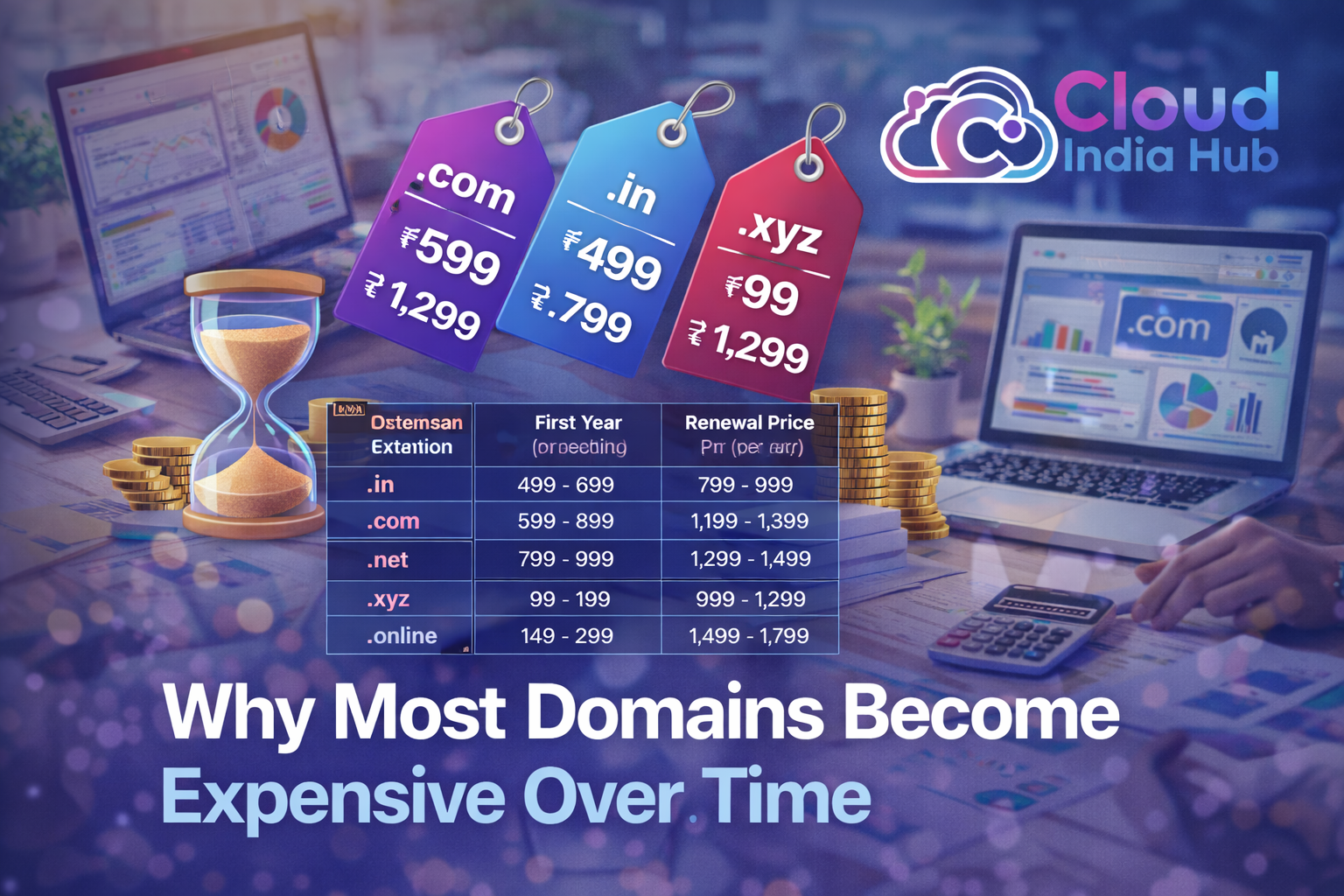


Hosting Made Simple With Cloud India Hub, thats the tagline we should push to the world. becasuse its true